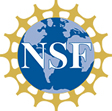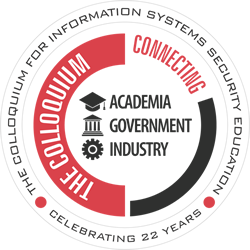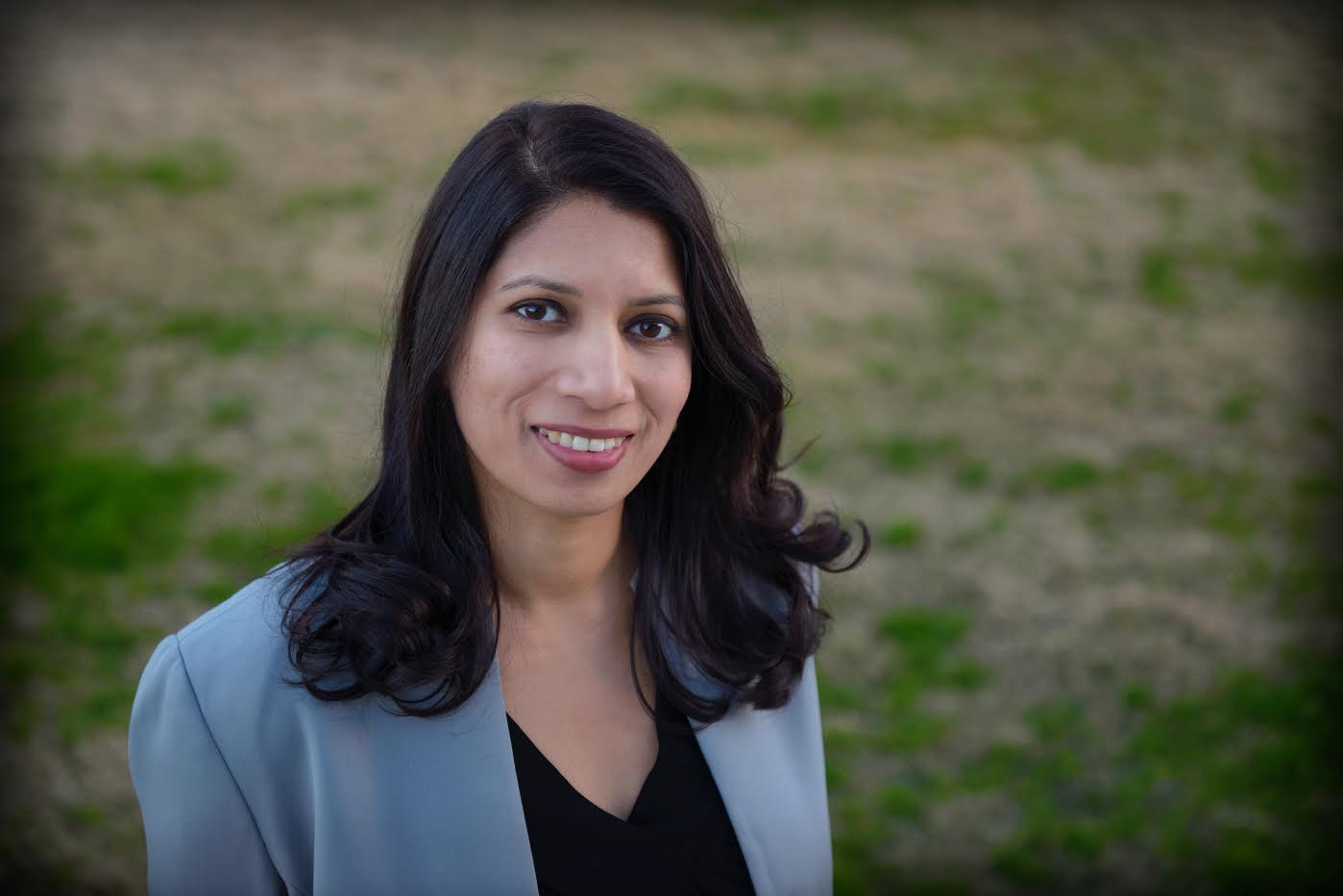 Abhilasha Bhargav-Spantzel is a Principal Engineer at Intel focused on identity, security and privacy. She led the Intel® Authenticate product architecture that is devised to provide hardware based multi-factor authentication which is IT managed and provides strong assurance on user identity while preserving the privacy of the user. She joined Intel in 2007 after completing her doctorate from Purdue University which focused on Identity protection using cryptography and biometrics. She has given numerous talks at conferences and universities as part of distinguished lecture series and workshops. She has written 5 book chapters and 30+ ACM and IEEE articles and has 20+ patents. Abhilasha leads multiple diversity and inclusion efforts at Intel, actively drives retention and development of women in technology and cyber security.
Abhilasha Bhargav-Spantzel is a Principal Engineer at Intel focused on identity, security and privacy. She led the Intel® Authenticate product architecture that is devised to provide hardware based multi-factor authentication which is IT managed and provides strong assurance on user identity while preserving the privacy of the user. She joined Intel in 2007 after completing her doctorate from Purdue University which focused on Identity protection using cryptography and biometrics. She has given numerous talks at conferences and universities as part of distinguished lecture series and workshops. She has written 5 book chapters and 30+ ACM and IEEE articles and has 20+ patents. Abhilasha leads multiple diversity and inclusion efforts at Intel, actively drives retention and development of women in technology and cyber security.
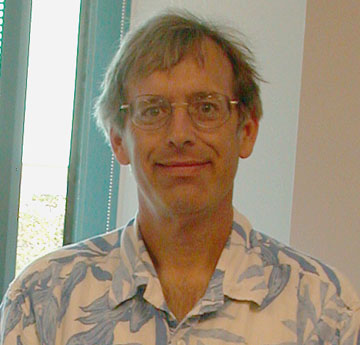 Matt Bishop received his Ph.D. in computer science from Purdue University, where he specialized in computer security, in 1984. He was a research scientist at the Research Institute of Advanced Computer Science and was on the faculty at Dartmouth College before joining the Department of Computer Science at the University of California at Davis.
His main research area is the analysis of vulnerabilities in computer systems, electronic voting, election processes, data sanitization, and intrusion detection. He is active in information assurance education. He is working on projects to assist students in learning how to program robustly and security, and to help improve the state of teaching to that end. His textbook, "Computer Security: Art and Science", was published in December 2002 by Addison-Wesley Professional, and a second edition is scheduled to be published this year. He teaches introductory programming, software engineering, operating systems, and (of course) computer security.
Matt Bishop received his Ph.D. in computer science from Purdue University, where he specialized in computer security, in 1984. He was a research scientist at the Research Institute of Advanced Computer Science and was on the faculty at Dartmouth College before joining the Department of Computer Science at the University of California at Davis.
His main research area is the analysis of vulnerabilities in computer systems, electronic voting, election processes, data sanitization, and intrusion detection. He is active in information assurance education. He is working on projects to assist students in learning how to program robustly and security, and to help improve the state of teaching to that end. His textbook, "Computer Security: Art and Science", was published in December 2002 by Addison-Wesley Professional, and a second edition is scheduled to be published this year. He teaches introductory programming, software engineering, operating systems, and (of course) computer security.
 Jane Blanken-Webb is a Postdoctoral Research Associate at the Information Trust Institute at the University of Illinois at Urbana-Champaign, where she is taking the lead as co-principal investigator on a grant funded initiative, Ethical Thinking in Cyber Space (EThiCS), supported by the National Security Agency. The main aim of this grant is to develop and teach a cybersecurity ethics curriculum, which was piloted during the Spring semester of 2018. She holds a PhD specializing in Philosophy of Education from the University of Illinois at Urbana-Champaign and her work has been published widely in the field of education. In addition to extensive teaching experience at the university level, she has four years of experience teaching in K-12 environments. Jane and has been working in cybersecurity education since the Fall of 2016 and is closely involved with the Illinois Cyber Security Scholars Program, an NSF funded Scholarship for Service program.
Jane Blanken-Webb is a Postdoctoral Research Associate at the Information Trust Institute at the University of Illinois at Urbana-Champaign, where she is taking the lead as co-principal investigator on a grant funded initiative, Ethical Thinking in Cyber Space (EThiCS), supported by the National Security Agency. The main aim of this grant is to develop and teach a cybersecurity ethics curriculum, which was piloted during the Spring semester of 2018. She holds a PhD specializing in Philosophy of Education from the University of Illinois at Urbana-Champaign and her work has been published widely in the field of education. In addition to extensive teaching experience at the university level, she has four years of experience teaching in K-12 environments. Jane and has been working in cybersecurity education since the Fall of 2016 and is closely involved with the Illinois Cyber Security Scholars Program, an NSF funded Scholarship for Service program.
 Scott Borg is Director of the U.S. Cyber Consequences Unit, an independent, nonprofit research institute that investigates the strategic and economic consequences of cyber attacks. Widely recognized as the leading authority on the economics of cybersecurity, he has been the principle proponent of a quantitative, risk-based approach to cybersecurity for nearly twenty years. Along with John Bumgarner, he is co-author of the new US-CCU Cyber-Security Matrix, the most comprehensive survey of cyber defense measures. His other technical contributions have included pioneering work on the techniques for hiding and finding malware. Because of the way he has employed economic models to analyze potential attackers, he has been able to anticipate most of the new developments in cybersecurity since 2002. He comments for NBC, CNN, the BBC, NPR and other broadcast media, served on the Commission on Cybersecurity for the 44th Presidency, and has lectured at Harvard, Columbia, and other leading universities.
Scott Borg is Director of the U.S. Cyber Consequences Unit, an independent, nonprofit research institute that investigates the strategic and economic consequences of cyber attacks. Widely recognized as the leading authority on the economics of cybersecurity, he has been the principle proponent of a quantitative, risk-based approach to cybersecurity for nearly twenty years. Along with John Bumgarner, he is co-author of the new US-CCU Cyber-Security Matrix, the most comprehensive survey of cyber defense measures. His other technical contributions have included pioneering work on the techniques for hiding and finding malware. Because of the way he has employed economic models to analyze potential attackers, he has been able to anticipate most of the new developments in cybersecurity since 2002. He comments for NBC, CNN, the BBC, NPR and other broadcast media, served on the Commission on Cybersecurity for the 44th Presidency, and has lectured at Harvard, Columbia, and other leading universities.
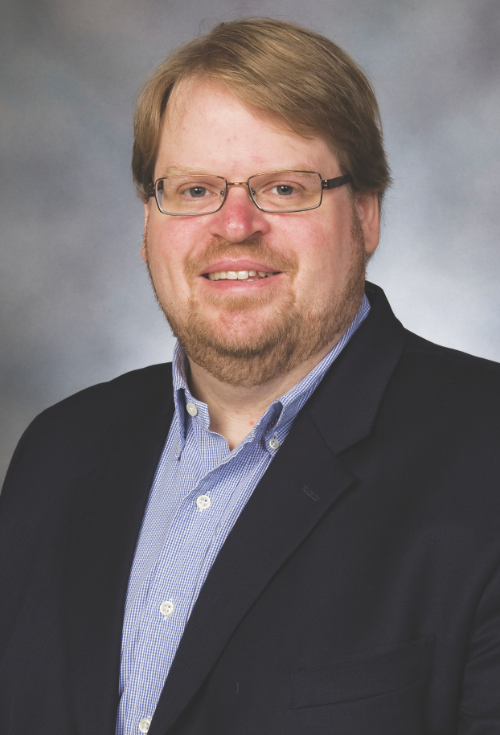 Chris Bronk is an assistant professor at the University of Houston’s College of Technology with responsibilities in the Computer and Information Systems and Information Systems Security programs. He published a book, Cyber Threat: The Rise of Information Geopolitics in U.S. National Security and has contributed to or drafted more than two-dozen conference papers, book chapters, and journal articles. Until 2006, he served as a career diplomat with the U.S. Department of State, and was later a senior advisor to its Office of eDiplomacy. He previously held appointments in Rice University’s Baker Institute for Public Policy and at the University of Toronto’s Munk School of Global Affairs. In addition to his Ph.D. from The Maxwell School of Syracuse University, Bronk also studied international relations at Oxford University and received a bachelor’s degree from the University of Wisconsin–Madison.
Chris Bronk is an assistant professor at the University of Houston’s College of Technology with responsibilities in the Computer and Information Systems and Information Systems Security programs. He published a book, Cyber Threat: The Rise of Information Geopolitics in U.S. National Security and has contributed to or drafted more than two-dozen conference papers, book chapters, and journal articles. Until 2006, he served as a career diplomat with the U.S. Department of State, and was later a senior advisor to its Office of eDiplomacy. He previously held appointments in Rice University’s Baker Institute for Public Policy and at the University of Toronto’s Munk School of Global Affairs. In addition to his Ph.D. from The Maxwell School of Syracuse University, Bronk also studied international relations at Oxford University and received a bachelor’s degree from the University of Wisconsin–Madison.
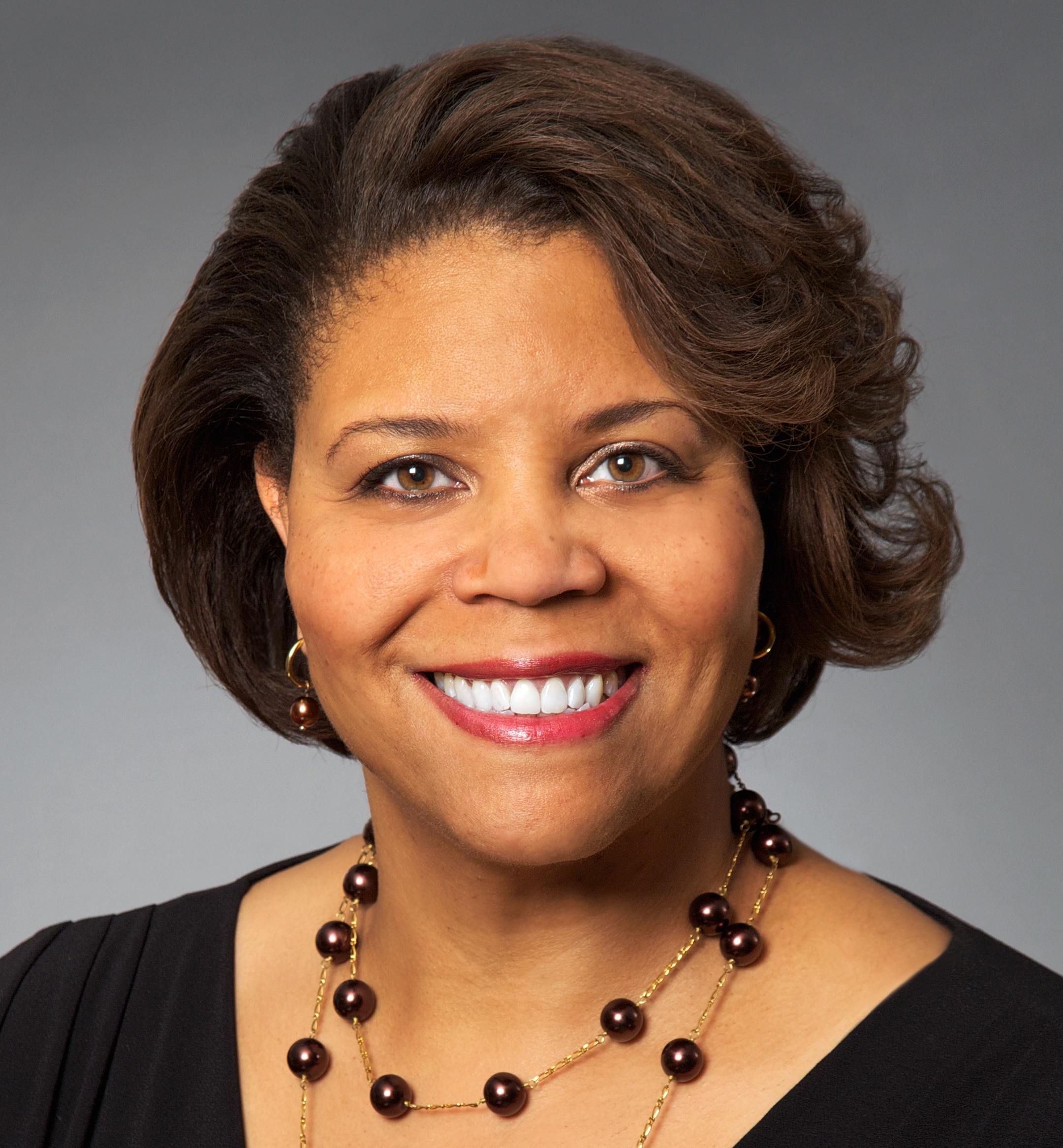 Diana L. Burley, Ph.D. is executive director and chair of the Institute for Information Infrastructure Protection (I3P) and professor of human and organizational learning at George Washington University. She co-chaired the ACM/IEEE/AIS/IFIP joint task force that produced CSEC2017 - the first set of global cybersecurity curricular guidelines. In 2017, SC Magazine recognized her as one of 8 Women in IT Security to Watch and awarded her their leadership award in IT Security Education. She is a member of the US National Academies Board on Human-Systems Integration and in 2014, she co-chaired the National Academies study on professionalizing the cybersecurity workforce. Prior to GW, Dr. Burley led the Cyber Corps program for the US National Science Foundation. She regularly advises global public and private sector organizations on cybersecurity policy, education and workforce development initiatives, has testified before the US Congress and conducted international cybersecurity training on behalf of the US government.
Diana L. Burley, Ph.D. is executive director and chair of the Institute for Information Infrastructure Protection (I3P) and professor of human and organizational learning at George Washington University. She co-chaired the ACM/IEEE/AIS/IFIP joint task force that produced CSEC2017 - the first set of global cybersecurity curricular guidelines. In 2017, SC Magazine recognized her as one of 8 Women in IT Security to Watch and awarded her their leadership award in IT Security Education. She is a member of the US National Academies Board on Human-Systems Integration and in 2014, she co-chaired the National Academies study on professionalizing the cybersecurity workforce. Prior to GW, Dr. Burley led the Cyber Corps program for the US National Science Foundation. She regularly advises global public and private sector organizations on cybersecurity policy, education and workforce development initiatives, has testified before the US Congress and conducted international cybersecurity training on behalf of the US government.
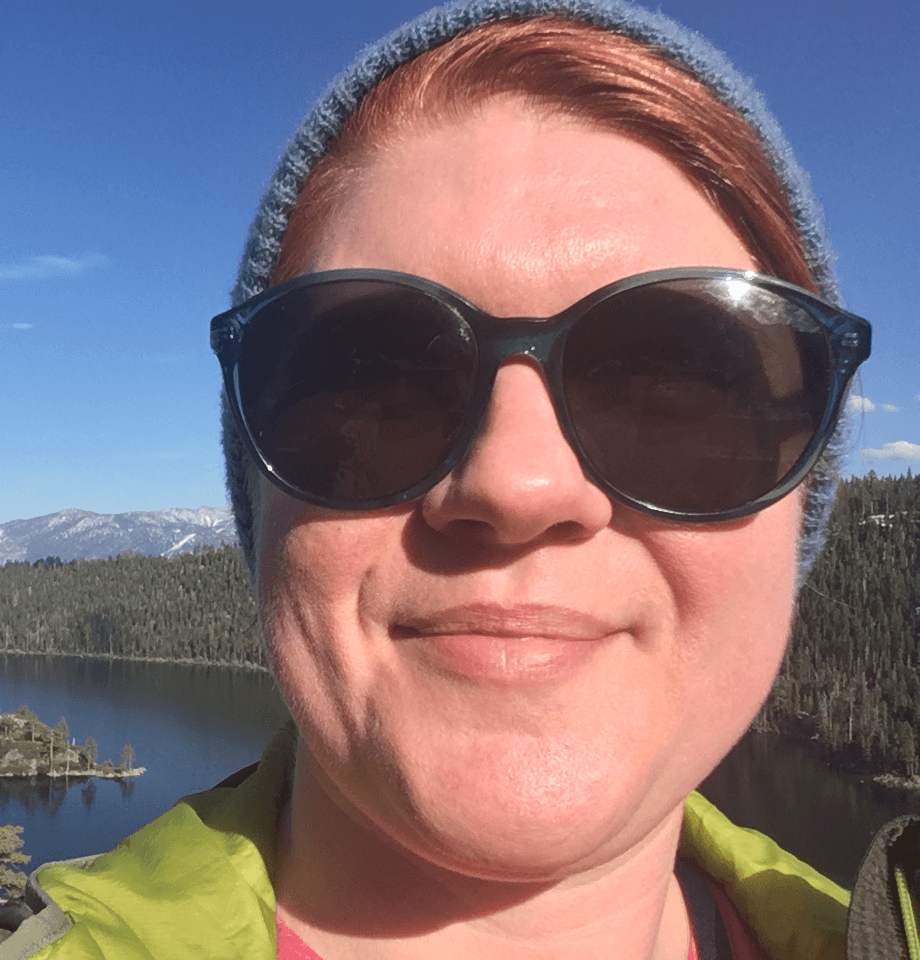 Susan G. Campbell is an Assistant Research Scientist at the University of Maryland Center for Advanced Study of Language (CASL) and a Lecturer at the University of Maryland College of Information Studies (iSchool). Her current research focuses on determining and measuring the cognitive abilities required for different tasks within the cyber workforce. In addition to teaching a human-centered cyber course, she works on curriculum development for cyber across programs within the iSchool.
Susan G. Campbell is an Assistant Research Scientist at the University of Maryland Center for Advanced Study of Language (CASL) and a Lecturer at the University of Maryland College of Information Studies (iSchool). Her current research focuses on determining and measuring the cognitive abilities required for different tasks within the cyber workforce. In addition to teaching a human-centered cyber course, she works on curriculum development for cyber across programs within the iSchool.
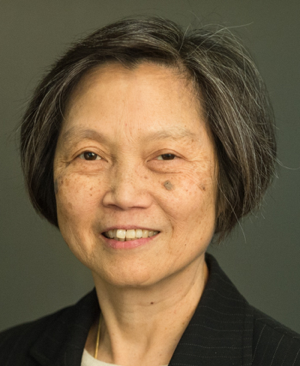 Professor Chan received her PhD in mathematics and joined the Northeastern University faculty in 1977. She is currently the Executive Director of Information Assurance and Cybersecurity. Her research focuses on cryptography and communication security. She works on fast, efficient mutual authentication algorithms for small mobile devices. More recently, she focuses on cybersecurity workforce. Professor Chan holds two patents on stream ciphers. She has published widely in IEEE conferences and journals, as well as in Crypto and Eurocrypt. Her research has been funded by NSA, NSF, DARPA and telecommunication industries. She was awarded the Distinguished Educator Award presented at CISSE in 2016. Professor Chan led the effort in establishing an interdisciplinary research Institute of Information Assurance at Northeastern University. She is the PI for Center of Academic Excellence in Cyber Defense, Research and Cyber Operations. She designed and launched the interdisciplinary programs in cybersecurity at Northeastern University: MS in 2005, PhD in 2010 and BS in Cyber Security in 2017. Professor Chan has been active in promoting women in sciences, in particular, she has participated as an invited speaker at NSA’s “Women in Mathematics” and “Alumni Mathematicians” at Smith College.
Professor Chan received her PhD in mathematics and joined the Northeastern University faculty in 1977. She is currently the Executive Director of Information Assurance and Cybersecurity. Her research focuses on cryptography and communication security. She works on fast, efficient mutual authentication algorithms for small mobile devices. More recently, she focuses on cybersecurity workforce. Professor Chan holds two patents on stream ciphers. She has published widely in IEEE conferences and journals, as well as in Crypto and Eurocrypt. Her research has been funded by NSA, NSF, DARPA and telecommunication industries. She was awarded the Distinguished Educator Award presented at CISSE in 2016. Professor Chan led the effort in establishing an interdisciplinary research Institute of Information Assurance at Northeastern University. She is the PI for Center of Academic Excellence in Cyber Defense, Research and Cyber Operations. She designed and launched the interdisciplinary programs in cybersecurity at Northeastern University: MS in 2005, PhD in 2010 and BS in Cyber Security in 2017. Professor Chan has been active in promoting women in sciences, in particular, she has participated as an invited speaker at NSA’s “Women in Mathematics” and “Alumni Mathematicians” at Smith College.
 Steve Cooper is the Director of the Jeffrey S. Raikes School of Computer Science and Management at the University of Nebraska-Lincoln (an undergraduate honors college combining computer science and business) where he also holds an appointment as an Associate Professor of Computer Science. Steve came to the University of Nebraska - Lincoln from the Computer Science Department at Stanford University where he served as an associate professor (teaching). His research areas lie in computer science education, with particular interest in program visualization and in trying to understand how students learn to program. He is most well-known for his work with the Alice programming environment and in developing Alice-related curricular materials. Along with coauthors, he has written many technical papers on Alice as well as two textbooks.
Steve Cooper is the Director of the Jeffrey S. Raikes School of Computer Science and Management at the University of Nebraska-Lincoln (an undergraduate honors college combining computer science and business) where he also holds an appointment as an Associate Professor of Computer Science. Steve came to the University of Nebraska - Lincoln from the Computer Science Department at Stanford University where he served as an associate professor (teaching). His research areas lie in computer science education, with particular interest in program visualization and in trying to understand how students learn to program. He is most well-known for his work with the Alice programming environment and in developing Alice-related curricular materials. Along with coauthors, he has written many technical papers on Alice as well as two textbooks.  Dr. Melissa Dark is currently the W.C. Furnas Professor of Technology in Computer and Information at Purdue University. She is lead editor of the book
Information Assurance and Security Ethics in Complex Systems
and education editor for IEEE Security and Privacy. Her current projects include:
Dr. Melissa Dark is currently the W.C. Furnas Professor of Technology in Computer and Information at Purdue University. She is lead editor of the book
Information Assurance and Security Ethics in Complex Systems
and education editor for IEEE Security and Privacy. Her current projects include:
- INSuRE is a cybersecurity research collaborative using the cybersecurity student talent pool to work on cybersecurity problems supplied by federal agencies and national labs.
- Development of a concept inventory to diagnose learners’ misconceptions in secure programming.
- Cyber fMRI is investigating the use of representational fluency to develop deep conceptual understanding of complex cybersecurity topics.
- GenCyber is a program to grow the cybersecurity pipeline through summer camps across the nation for students and teachers.
- NCCP is funding 54 grants to develop core cybersecurity curriculum to be made widely available through a curriculum/learning management system to increase the quantity and quality of cybersecurity curricula.
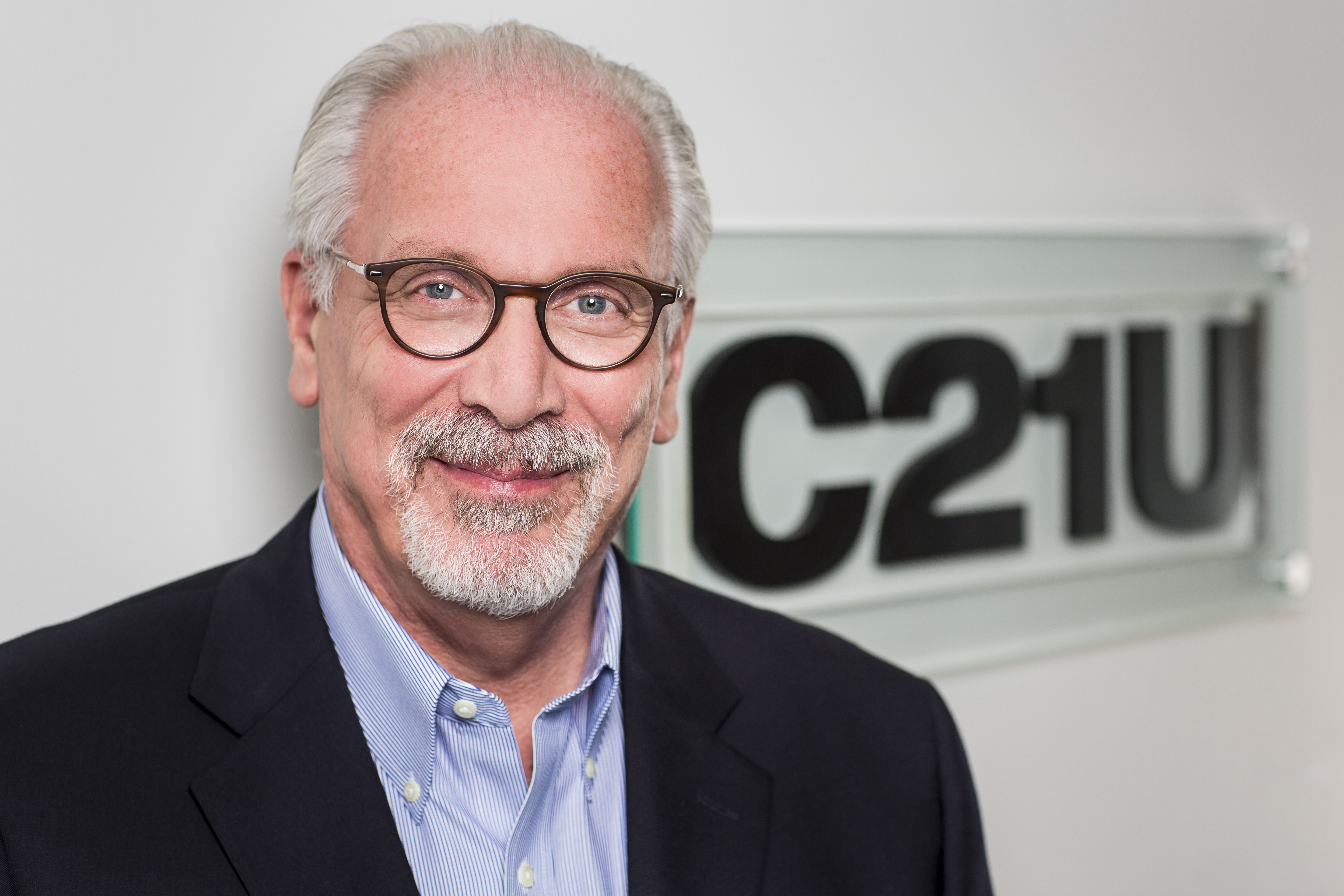 Richard DeMillo is the Charlotte B. and Roger C. Warren Professor of Computing at Georgia Tech. He founded and directs the Center for 21st Century Universities. He was named Lumina Foundation Fellow for his work in higher education. He was formerly the John P. Imlay Dean of Computing at Georgia Tech. Prior to joining Georgia Tech, he was Hewlett-Packard’s Chief Technology Officer, He is the author of a 2011 MIT Press book
Abelard to Apple: The Fate of American Colleges and Universities,
and a 2015 sequel
Revolution in Higher Education: How a Small Band of Innovators will make College Accessible and Affordable.
His research includes contributions in cyber security. He served as an election observer for the Carter Center and has served on boards of public and private cybersecurity and privacy companies, including RSA Security and SecureWorks. He is a fellow of ACM and AAAS
Richard DeMillo is the Charlotte B. and Roger C. Warren Professor of Computing at Georgia Tech. He founded and directs the Center for 21st Century Universities. He was named Lumina Foundation Fellow for his work in higher education. He was formerly the John P. Imlay Dean of Computing at Georgia Tech. Prior to joining Georgia Tech, he was Hewlett-Packard’s Chief Technology Officer, He is the author of a 2011 MIT Press book
Abelard to Apple: The Fate of American Colleges and Universities,
and a 2015 sequel
Revolution in Higher Education: How a Small Band of Innovators will make College Accessible and Affordable.
His research includes contributions in cyber security. He served as an election observer for the Carter Center and has served on boards of public and private cybersecurity and privacy companies, including RSA Security and SecureWorks. He is a fellow of ACM and AAAS
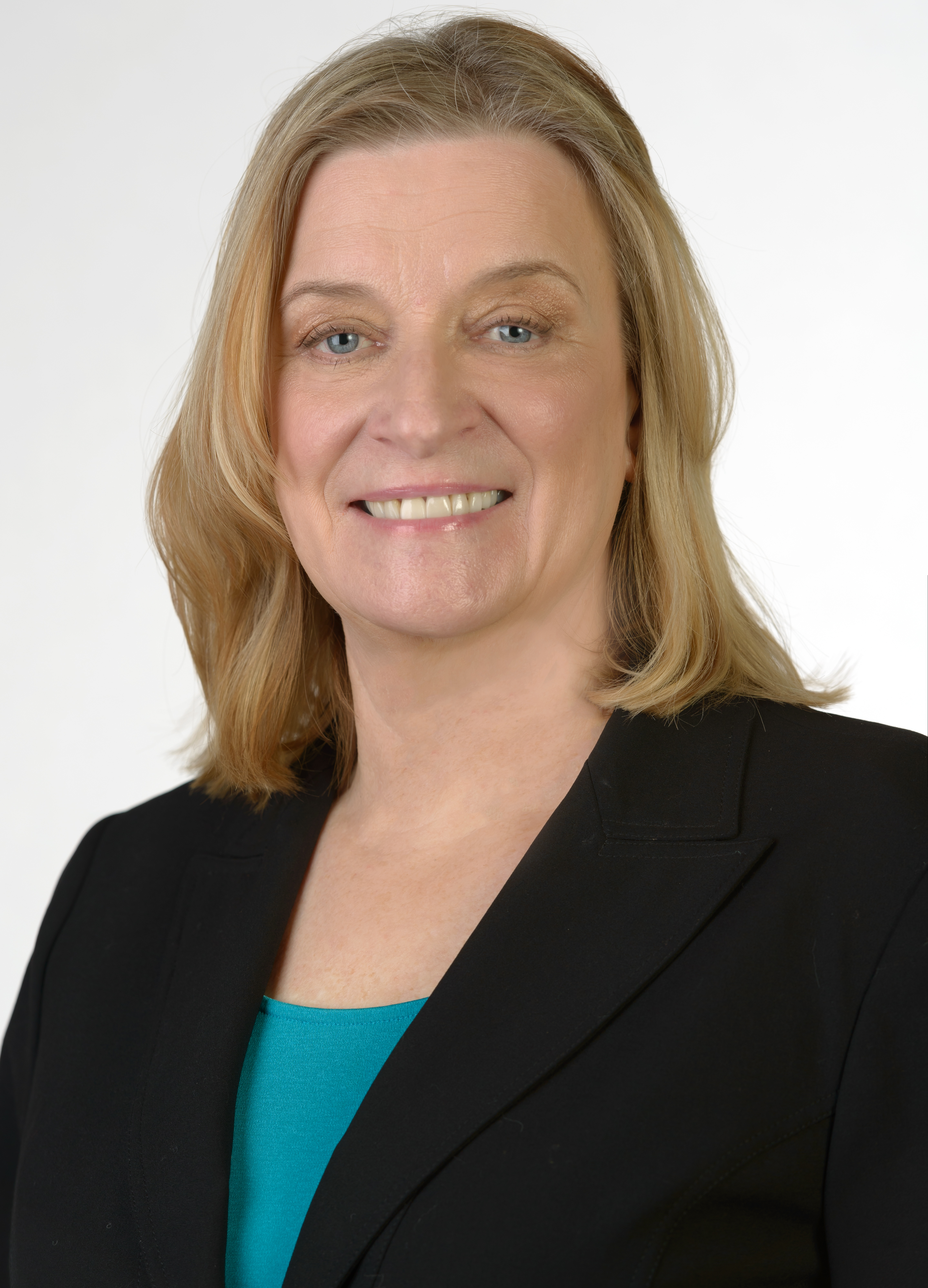 Paula S. deWitte, J.D., Ph.D,. P.E., is the Assistant Director of the Texas A&M Cybersecurity Center and an Associate Professor of Practice in Computer Science and Engineering. She is a licensed attorney (Texas) and a registered patent attorney (USPTO). She holds a Bachelors and Masters from Purdue University where in 2015 she was honored as the Distinguished Alumna in the Department of Mathematics, School of Science. She obtained her Ph.D. in Computer Science from Texas A&M University (1989) and a law degree from St. Mary’s University (2008). She holds a patent on drilling fluids optimization [US Patent US 8812236 B1] and has a patent pending through the European Patent Office (currently under USPTO review) on incident response to a cyber attack in industrial control environmentsw. Prior to joining Texas A&M, she started several technology businesses and was an Adjunct Professor in the College of Technology at the University of Houston.
Paula S. deWitte, J.D., Ph.D,. P.E., is the Assistant Director of the Texas A&M Cybersecurity Center and an Associate Professor of Practice in Computer Science and Engineering. She is a licensed attorney (Texas) and a registered patent attorney (USPTO). She holds a Bachelors and Masters from Purdue University where in 2015 she was honored as the Distinguished Alumna in the Department of Mathematics, School of Science. She obtained her Ph.D. in Computer Science from Texas A&M University (1989) and a law degree from St. Mary’s University (2008). She holds a patent on drilling fluids optimization [US Patent US 8812236 B1] and has a patent pending through the European Patent Office (currently under USPTO review) on incident response to a cyber attack in industrial control environmentsw. Prior to joining Texas A&M, she started several technology businesses and was an Adjunct Professor in the College of Technology at the University of Houston.
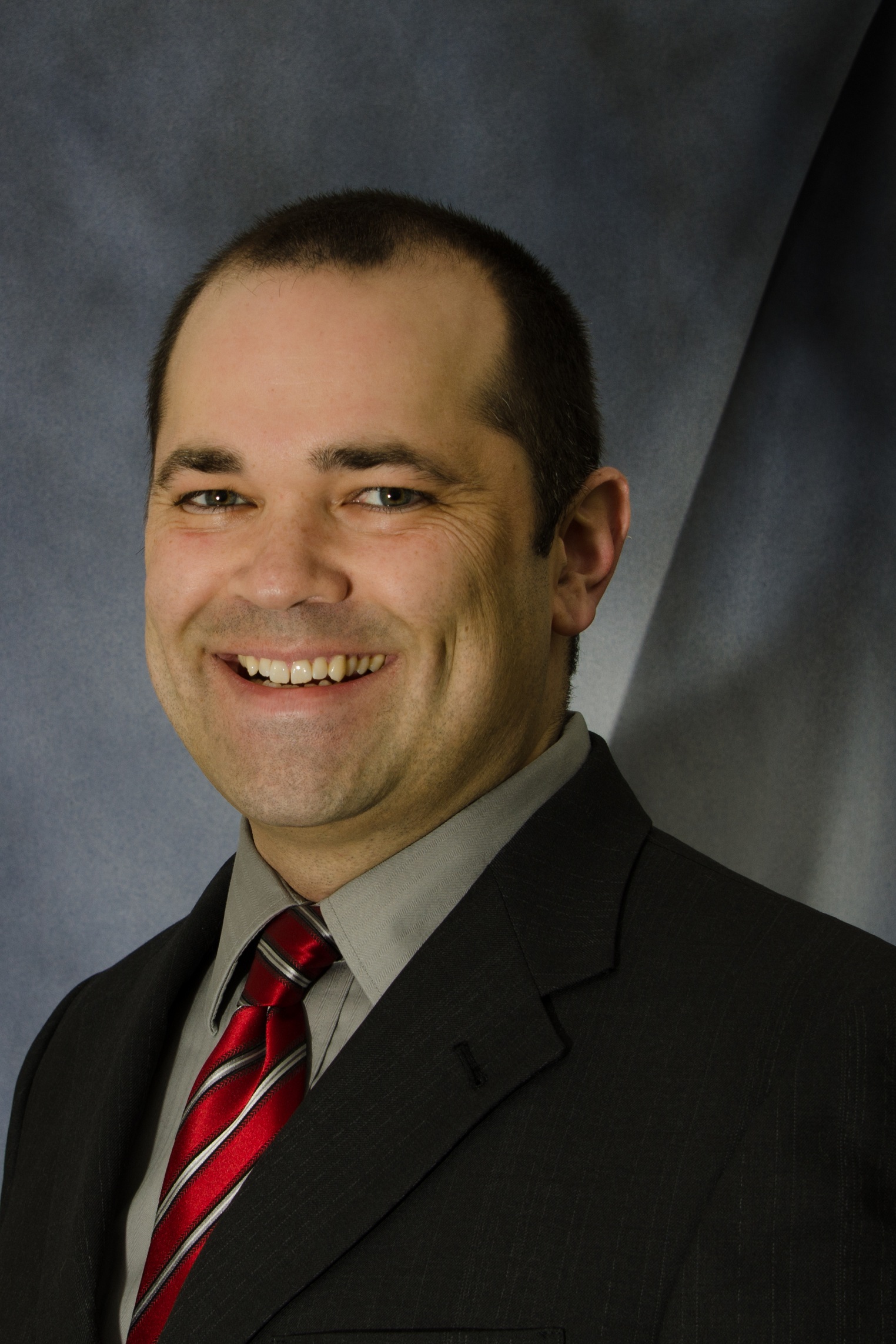 Marc Dupuis received his Ph.D. in Information Science at the University of Washington in 2014 with an emphasis on Information Assurance and Cybersecurity. Prior to this, Dr. Dupuis earned an M.S. in Information Science and a Master of Public Administration (M.P.A.) at the University of Washington, as well as an M.A. in Political Science at Western Washington University. His educational background has prepared him well for the multi-disciplinary nature and collaborative approaches necessary within the information assurance and cyber security domain.
Marc Dupuis received his Ph.D. in Information Science at the University of Washington in 2014 with an emphasis on Information Assurance and Cybersecurity. Prior to this, Dr. Dupuis earned an M.S. in Information Science and a Master of Public Administration (M.P.A.) at the University of Washington, as well as an M.A. in Political Science at Western Washington University. His educational background has prepared him well for the multi-disciplinary nature and collaborative approaches necessary within the information assurance and cyber security domain. 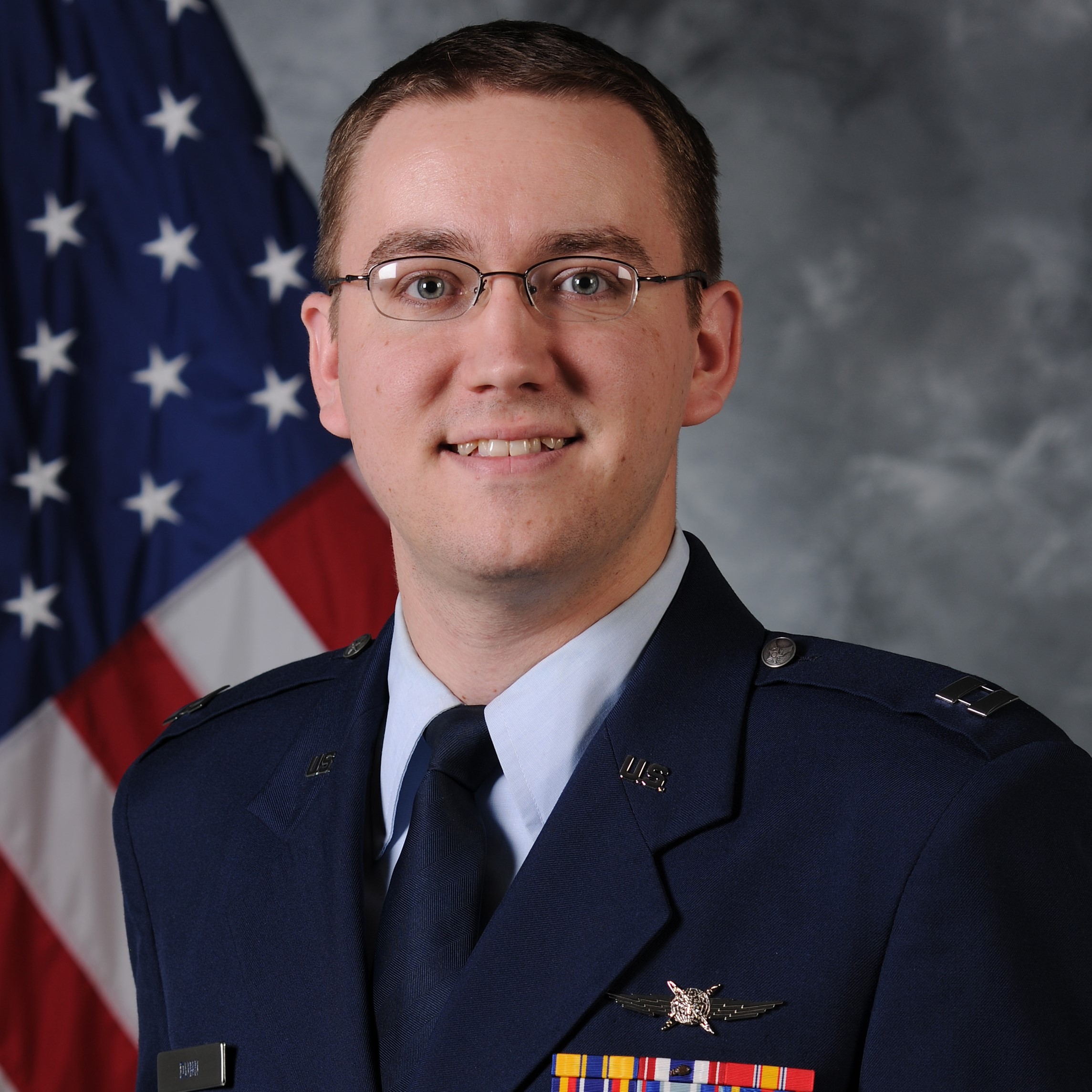 Michael H. Dunn (CISSP, GCIH) is a cyberspace operations officer in the United States Air Force. He received a Bachelor of Science in Computer Science, with a specialization in Information Security, from the Illinois Institute of Technology (IIT), and a Master of Public Administration from IIT’s Stuart School of Business. He was recently awarded a Master of Science in Cyberspace Operations from the Air Force Institute of Technology, where his research focused on the impacts of extracurricular cybersecurity youth activities.
Michael H. Dunn (CISSP, GCIH) is a cyberspace operations officer in the United States Air Force. He received a Bachelor of Science in Computer Science, with a specialization in Information Security, from the Illinois Institute of Technology (IIT), and a Master of Public Administration from IIT’s Stuart School of Business. He was recently awarded a Master of Science in Cyberspace Operations from the Air Force Institute of Technology, where his research focused on the impacts of extracurricular cybersecurity youth activities.
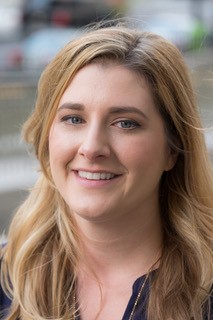 Michelle Duquette is a cybersecurity advisor supporting Government clients and Fortune 500 companies with over 10 years in the field. Through her career, Michelle has worked with integrated product teams and advised senior leaders on the issues of security engineering, Cybersecurity policy management, and information risk management across varying government classification levels. Currently working for Battelle as a Cyber Security Advisor and previously as a Senior Consultant for Booz Allen Hamilton, and a Software Engineer with Lockheed Martin. Michelle holds a M.S. in Computer Science from the George Washington University, a B.S. in Information Management and Technology from Syracuse University, and holds CISSP and CEH certifications. In addition, Michelle has presented and written on cybersecurity technologies, and actively works with student interns and employer workshops to engage and mentor the upcoming cyber workforce.
Michelle Duquette is a cybersecurity advisor supporting Government clients and Fortune 500 companies with over 10 years in the field. Through her career, Michelle has worked with integrated product teams and advised senior leaders on the issues of security engineering, Cybersecurity policy management, and information risk management across varying government classification levels. Currently working for Battelle as a Cyber Security Advisor and previously as a Senior Consultant for Booz Allen Hamilton, and a Software Engineer with Lockheed Martin. Michelle holds a M.S. in Computer Science from the George Washington University, a B.S. in Information Management and Technology from Syracuse University, and holds CISSP and CEH certifications. In addition, Michelle has presented and written on cybersecurity technologies, and actively works with student interns and employer workshops to engage and mentor the upcoming cyber workforce.
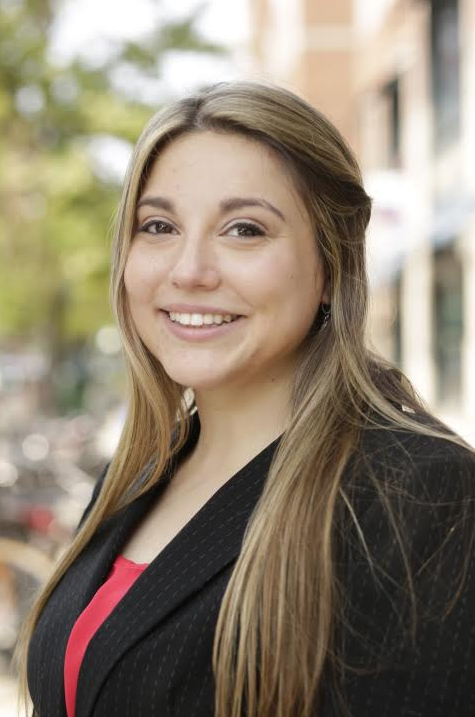 Christine Fossaceca is a cybersecurity researcher at the MIT Lincoln Laboratory, focusing on tool creation, exploit development, vulnerability research, and reverse engineering. She has participated in DEFCON CTF and multiple other capture the flag competitions with the team Lab RATs. Ms. Fossaceca first became interested in cybersecurity education when she entered the workforce as a recent graduate and started feeling overwhelmingly unprepared to write “unhackable” code. After becoming interested in the topic, she became involved with the IEEE Cybersecurity Development conference (https://secdev.ieee.org), giving a lightning talk in 2017 and serving on the organizing committee for both 2018 and 2019. She also formed a group in 2018 on improving security education with collaborators from Google and Tufts University who shared in her interest.
Christine Fossaceca is a cybersecurity researcher at the MIT Lincoln Laboratory, focusing on tool creation, exploit development, vulnerability research, and reverse engineering. She has participated in DEFCON CTF and multiple other capture the flag competitions with the team Lab RATs. Ms. Fossaceca first became interested in cybersecurity education when she entered the workforce as a recent graduate and started feeling overwhelmingly unprepared to write “unhackable” code. After becoming interested in the topic, she became involved with the IEEE Cybersecurity Development conference (https://secdev.ieee.org), giving a lightning talk in 2017 and serving on the organizing committee for both 2018 and 2019. She also formed a group in 2018 on improving security education with collaborators from Google and Tufts University who shared in her interest.
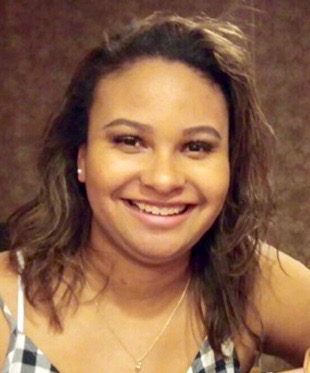 Symantha L. Gant is a rising sophomore at Lynn University in Boca Raton, FL where she maintains a 4.0 GPA. She is pursuing a career as a clinical and research psychologist with a special interest in the relationship between technology use and adolescent development. At Lynn, Symantha actively participates in community service activities and as a member of the Black Student Union. Symantha has served as a summer intern at the George Washington University Institute for Information Infrastructure Protection (I3P) for two years. In this role she frequently assists with cybersecurity projects and events.
Symantha L. Gant is a rising sophomore at Lynn University in Boca Raton, FL where she maintains a 4.0 GPA. She is pursuing a career as a clinical and research psychologist with a special interest in the relationship between technology use and adolescent development. At Lynn, Symantha actively participates in community service activities and as a member of the Black Student Union. Symantha has served as a summer intern at the George Washington University Institute for Information Infrastructure Protection (I3P) for two years. In this role she frequently assists with cybersecurity projects and events.
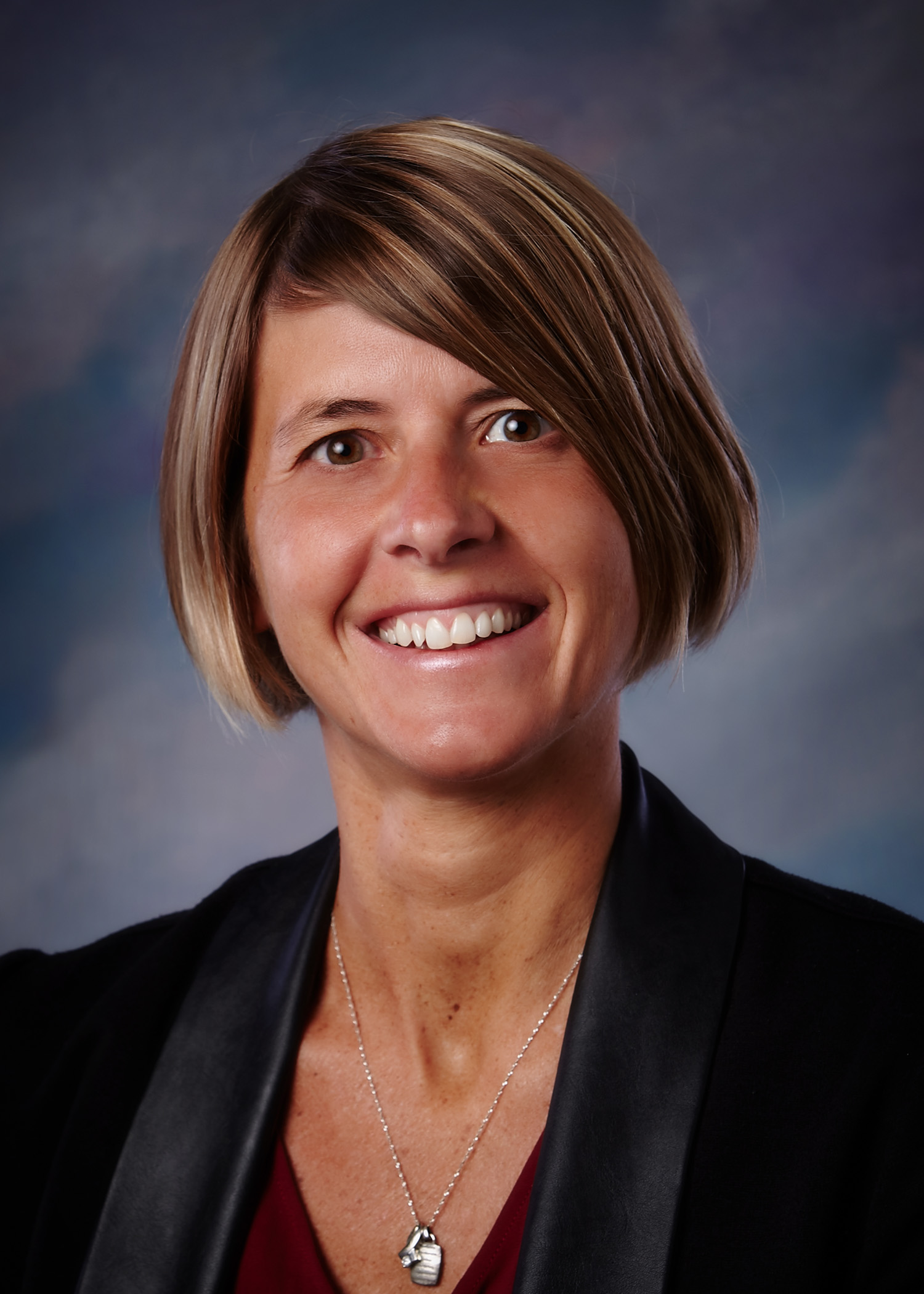 Ms. Ashley Greeley received both her bachelor’s and master’s degrees from Purdue University and began her teaching career in 2003. Ms. Greeley has spent much of her career at Harrison High School (West Lafayette, IN) teaching AP US history and AP US government as well as serving in whatever capacity asked. Greeley was awarded numerous teaching awards and recognition including the Golden Apple, DAR History Teacher of the Year, Indiana Historical Society TOY, Indiana History TOY, the Indiana representative at the Supreme Court Summer Institute, and was a top-25 finalist for the Indiana TOY Award. Beginning in 2015, Greeley began serving as a site visitor for GenCyber camps. In 2017, Ms. Greeley was awarded an NSA/CAE grant to develop a multidisciplinary K-12 cybersecurity curriculum as well as perform cybersecurity outreach for Tippecanoe School Corporation as an extension of the INSuRE program at Purdue University.
Ms. Ashley Greeley received both her bachelor’s and master’s degrees from Purdue University and began her teaching career in 2003. Ms. Greeley has spent much of her career at Harrison High School (West Lafayette, IN) teaching AP US history and AP US government as well as serving in whatever capacity asked. Greeley was awarded numerous teaching awards and recognition including the Golden Apple, DAR History Teacher of the Year, Indiana Historical Society TOY, Indiana History TOY, the Indiana representative at the Supreme Court Summer Institute, and was a top-25 finalist for the Indiana TOY Award. Beginning in 2015, Greeley began serving as a site visitor for GenCyber camps. In 2017, Ms. Greeley was awarded an NSA/CAE grant to develop a multidisciplinary K-12 cybersecurity curriculum as well as perform cybersecurity outreach for Tippecanoe School Corporation as an extension of the INSuRE program at Purdue University.
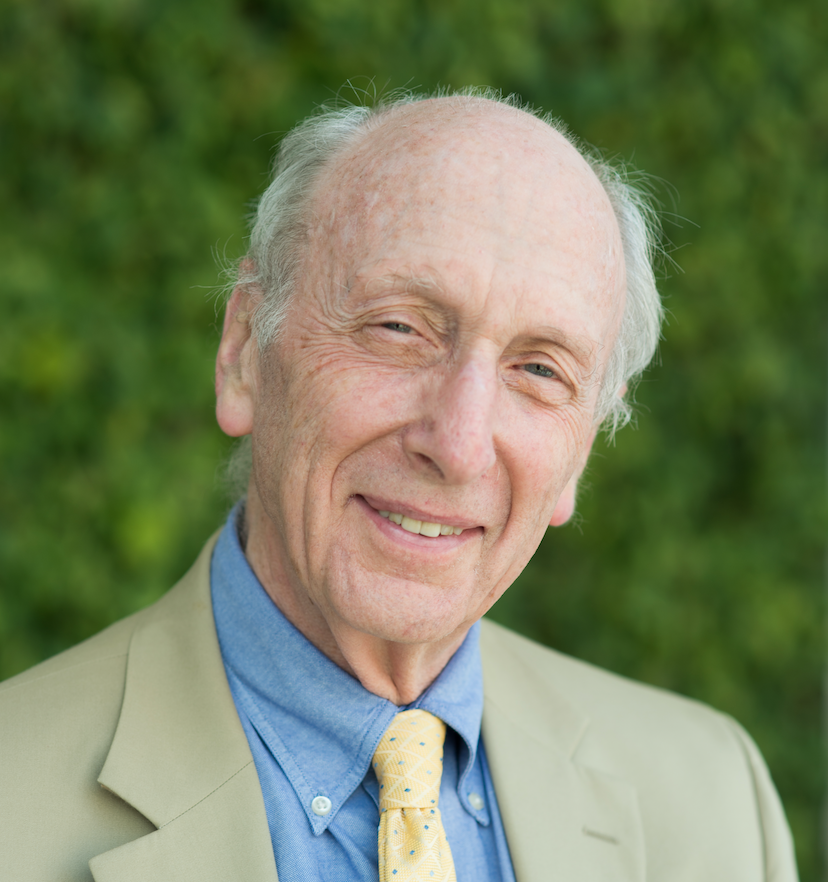 Professor Lance J. Hoffman pioneered a holistic, multidisciplinary approach to teaching and research in cybersecurity when he developed the first regularly offered course on the topic at the University of California, Berkeley in 1970. The author or editor of five books and numerous articles in the field, he founded the Cyber Security and Privacy Research Institute at George Washington University, where he is a Distinguished Research Professor. A Fellow of the Association for Computing Machinery, Dr. Hoffman has served on a number of advisory committees including those of Federal Trade Commission, and the Department of Homeland Security. His research has spanned multiple aspects of cybersecurity, including cryptography policy, risk analysis, computer viruses, societal vulnerability, data mining, and privacy/data protection. He is the principal investigator for GW’s CyberCorps scholarship program.
Professor Lance J. Hoffman pioneered a holistic, multidisciplinary approach to teaching and research in cybersecurity when he developed the first regularly offered course on the topic at the University of California, Berkeley in 1970. The author or editor of five books and numerous articles in the field, he founded the Cyber Security and Privacy Research Institute at George Washington University, where he is a Distinguished Research Professor. A Fellow of the Association for Computing Machinery, Dr. Hoffman has served on a number of advisory committees including those of Federal Trade Commission, and the Department of Homeland Security. His research has spanned multiple aspects of cybersecurity, including cryptography policy, risk analysis, computer viruses, societal vulnerability, data mining, and privacy/data protection. He is the principal investigator for GW’s CyberCorps scholarship program.
 Corby Hovis is a program director at the National Science Foundation (NSF) in Arlington, Virginia, where he oversees the NSF-wide Research Experiences for Undergraduates (REU) program and co-manages several grant programs in NSF's Directorate for Education and Human Resources, including the Federal Cyber Service: Scholarship for Service (SFS) program, which provides scholarships and supports other activities to build strong educational programs in cybersecurity at colleges and universities. Dr. Hovis has also led the efforts within NSF's Advanced Technological Education (ATE) program to grow cybersecurity courses and curricula at community colleges around the nation.
Corby Hovis is a program director at the National Science Foundation (NSF) in Arlington, Virginia, where he oversees the NSF-wide Research Experiences for Undergraduates (REU) program and co-manages several grant programs in NSF's Directorate for Education and Human Resources, including the Federal Cyber Service: Scholarship for Service (SFS) program, which provides scholarships and supports other activities to build strong educational programs in cybersecurity at colleges and universities. Dr. Hovis has also led the efforts within NSF's Advanced Technological Education (ATE) program to grow cybersecurity courses and curricula at community colleges around the nation.
 Cynthia Irvine is a Distinguished Professor of Computer Science at the Naval Postgraduate School, where she is the Director of the Center for Cybersecurity and Cyber Operations. She served as the founding Chair of the Cyber Academic Group at the Naval Postgraduate School. Her research has focused on developmental security as applied to trustworthy systems, and on cyber operations. Through curriculum development, educational tools, teaching, and her professional activities, Dr. Irvine has worked to enhance cybersecurity education. The author of over technical 200 papers, she has supervised the research of over 140 Masters and PhD students. She has served as Chair of the IEEE Technical Committee on Security and Privacy. A recipient of the Naval Information Assurance Award, Dr. Irvine was inducted into the Cyber Security Hall of Fame in 2015.
Cynthia Irvine is a Distinguished Professor of Computer Science at the Naval Postgraduate School, where she is the Director of the Center for Cybersecurity and Cyber Operations. She served as the founding Chair of the Cyber Academic Group at the Naval Postgraduate School. Her research has focused on developmental security as applied to trustworthy systems, and on cyber operations. Through curriculum development, educational tools, teaching, and her professional activities, Dr. Irvine has worked to enhance cybersecurity education. The author of over technical 200 papers, she has supervised the research of over 140 Masters and PhD students. She has served as Chair of the IEEE Technical Committee on Security and Privacy. A recipient of the Naval Information Assurance Award, Dr. Irvine was inducted into the Cyber Security Hall of Fame in 2015.
 Doug Jacobson is a Professor in the Department of Electrical and Computer Engineering at Iowa State University and is director of the Information Assurance Center at ISU. Dr. Jacobson’s current funded research is targeted at developing robust countermeasures for network-based security exploits and large scale attack simulation environments. He is director of the Internet-Scale Event and Attack Generation Environment (ISEAGE) test bed project. He has published numerous papers on computer security education and the use of hands-on laboratories to teach computer security, as well as written a textbook on network security. He also created a computer security outreach program targeted at the general public, post-secondary students and faculty. He co-authored a book on security literacy for the non-technical audience and also lectures on this topic. His team has developed a cyber security literacy curriculum for grades k-12.
Doug Jacobson is a Professor in the Department of Electrical and Computer Engineering at Iowa State University and is director of the Information Assurance Center at ISU. Dr. Jacobson’s current funded research is targeted at developing robust countermeasures for network-based security exploits and large scale attack simulation environments. He is director of the Internet-Scale Event and Attack Generation Environment (ISEAGE) test bed project. He has published numerous papers on computer security education and the use of hands-on laboratories to teach computer security, as well as written a textbook on network security. He also created a computer security outreach program targeted at the general public, post-secondary students and faculty. He co-authored a book on security literacy for the non-technical audience and also lectures on this topic. His team has developed a cyber security literacy curriculum for grades k-12.
 Dr. Connie Justice has over 30 years’ experience in the computer and systems engineering field. Professor Justice is a Certified Information Systems Security Professional, CISSP. She created the networking and security options for CIT majors and a Network Security Certificate Program. She has designed and modified many courses in networking and networking security curriculum. Professor Justice is noted for her creation of the Living Lab, an experiential learning environment where students gain real world experience running an IT business. Dr. Justice consults for and has managed IT departments in small, medium, and large sized businesses. She serves as Senior Cybersecurity Advisor for a fortune 100 company. Her areas of research include: experiential and service learning, information and security risk assessment, risk management, digital forensics, network security, network and systems engineering, network and systems administration, and networking and cybersecurity course development.
Dr. Connie Justice has over 30 years’ experience in the computer and systems engineering field. Professor Justice is a Certified Information Systems Security Professional, CISSP. She created the networking and security options for CIT majors and a Network Security Certificate Program. She has designed and modified many courses in networking and networking security curriculum. Professor Justice is noted for her creation of the Living Lab, an experiential learning environment where students gain real world experience running an IT business. Dr. Justice consults for and has managed IT departments in small, medium, and large sized businesses. She serves as Senior Cybersecurity Advisor for a fortune 100 company. Her areas of research include: experiential and service learning, information and security risk assessment, risk management, digital forensics, network security, network and systems engineering, network and systems administration, and networking and cybersecurity course development.
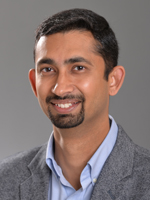 Dr. Sidd Kaza is the Chairperson of the Computer and Information Sciences department at Towson University. He received his Ph.D. degree in Management Information Systems from the University of Arizona. His interests lie in cybersecurity education, data mining, and application development and he is a principal investigator on several cybersecurity education projects (http://towson.edu/cyber4all). He is also on the ACM/IEEE/AIS/IFIP Joint Task Force on Cybersecurity Education that produced the four-year cybersecurity curricular guidelines (http://cybered.acm.org). Dr. Kaza’s work has been published in top-tier journals and conferences and has been funded by the National Science Foundation, National Security Agency, Department of Defense, Intel, and the Maryland Higher Education Commission.
Dr. Sidd Kaza is the Chairperson of the Computer and Information Sciences department at Towson University. He received his Ph.D. degree in Management Information Systems from the University of Arizona. His interests lie in cybersecurity education, data mining, and application development and he is a principal investigator on several cybersecurity education projects (http://towson.edu/cyber4all). He is also on the ACM/IEEE/AIS/IFIP Joint Task Force on Cybersecurity Education that produced the four-year cybersecurity curricular guidelines (http://cybered.acm.org). Dr. Kaza’s work has been published in top-tier journals and conferences and has been funded by the National Science Foundation, National Security Agency, Department of Defense, Intel, and the Maryland Higher Education Commission.
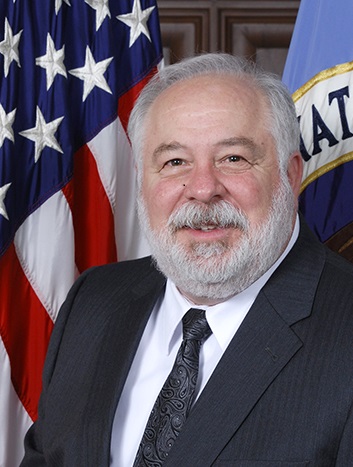 Mr. LaFountain is the Dean of the College of Cyber within the National Security Agency. The College of Cyber is responsible for providing foundational to advanced training for a highly technical workforce.
Mr. LaFountain is the Dean of the College of Cyber within the National Security Agency. The College of Cyber is responsible for providing foundational to advanced training for a highly technical workforce.
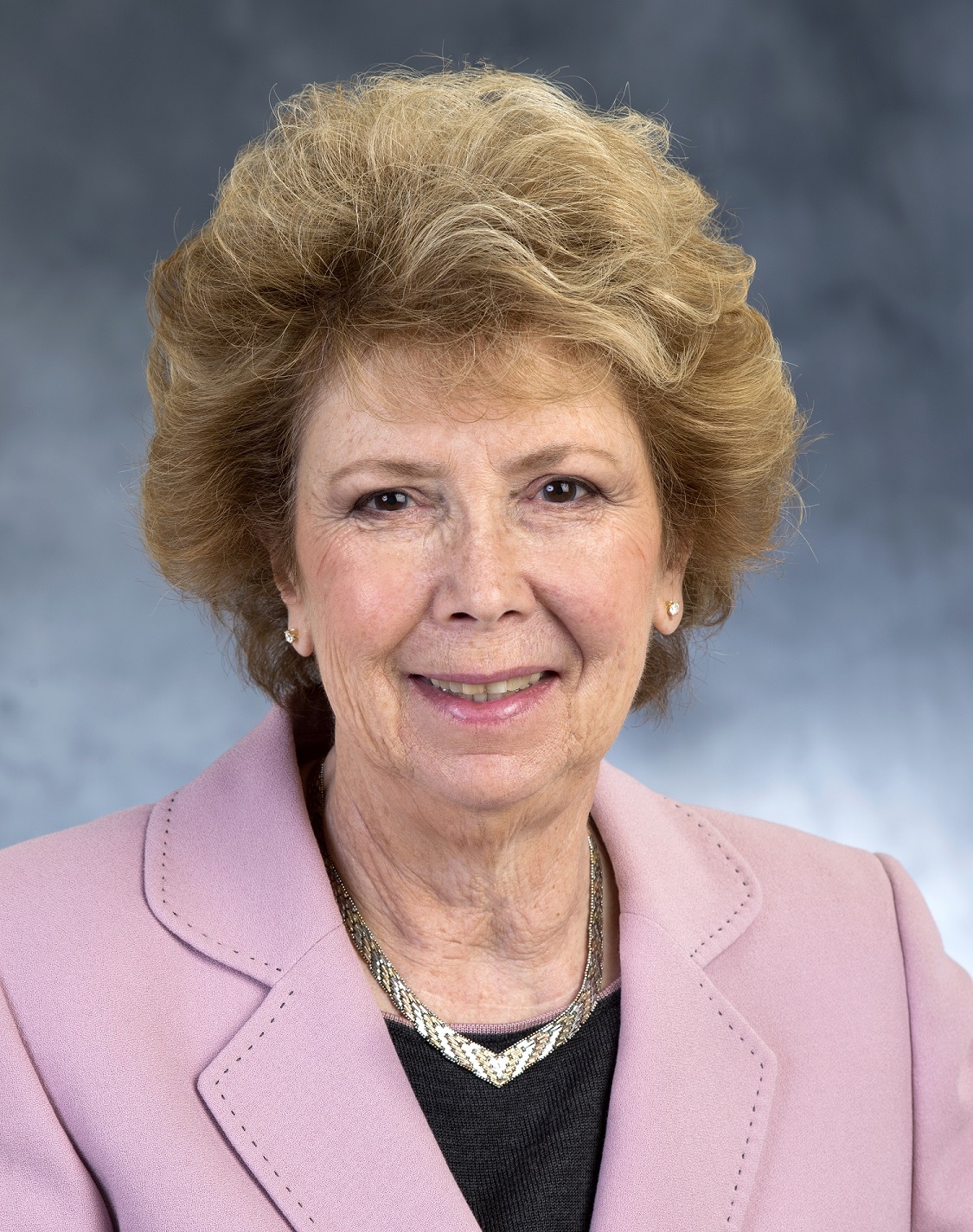 Dr. Nancy R. Mead is a Fellow Emeritus of the Software Engineering Institute (SEI), and also an Adjunct Professor of Software Engineering at Carnegie Mellon University. Her research areas are security requirements engineering and software assurance curricula. The Nancy Mead Award for Excellence in Software Engineering Education is named for her.
Dr. Nancy R. Mead is a Fellow Emeritus of the Software Engineering Institute (SEI), and also an Adjunct Professor of Software Engineering at Carnegie Mellon University. Her research areas are security requirements engineering and software assurance curricula. The Nancy Mead Award for Excellence in Software Engineering Education is named for her.
 Nasir Memon is a professor in Computer Science at NYU Tandon where he is a founding director of the Center for Cyber Security. He founded OSIRIS and CSAW, the worlds largest student run cyber security event. As the Associate Dean for Online Learning, he launched Bridge to Tandon providing low cost pathways for Non-STEM students to Cyber Security, the Cyber Fellows program, an affordable, industry partnered online MS in Cyber Security and the MS in Cyber Risk and Strategy with NYU Law.
Nasir Memon is a professor in Computer Science at NYU Tandon where he is a founding director of the Center for Cyber Security. He founded OSIRIS and CSAW, the worlds largest student run cyber security event. As the Associate Dean for Online Learning, he launched Bridge to Tandon providing low cost pathways for Non-STEM students to Cyber Security, the Cyber Fellows program, an affordable, industry partnered online MS in Cyber Security and the MS in Cyber Risk and Strategy with NYU Law.
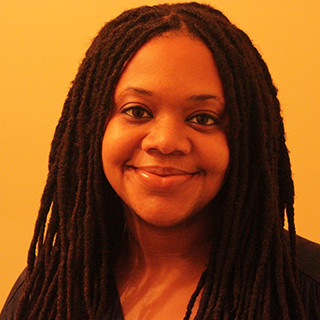 Lauren Neely received her J.D. from the University of Houston Law Center. Upon graduating from law school, Lauren worked for a commercial real estate advisory firm for several years before deciding to return to the public sector and her alma mater, the
University of Houston. Lauren served in several capacities during her return stint to the University of Houston and is the former Assistant Director of the Hobby School of Public Affairs. In 2017, Lauren joined the University of Houston Law School Street Law Program as a co-instructor. Lauren is a member of the State Bar of Texas and is currently pursuing a Master’s in Cyber Security Operations and Leadership at the University of San Diego.
Lauren Neely received her J.D. from the University of Houston Law Center. Upon graduating from law school, Lauren worked for a commercial real estate advisory firm for several years before deciding to return to the public sector and her alma mater, the
University of Houston. Lauren served in several capacities during her return stint to the University of Houston and is the former Assistant Director of the Hobby School of Public Affairs. In 2017, Lauren joined the University of Houston Law School Street Law Program as a co-instructor. Lauren is a member of the State Bar of Texas and is currently pursuing a Master’s in Cyber Security Operations and Leadership at the University of San Diego.
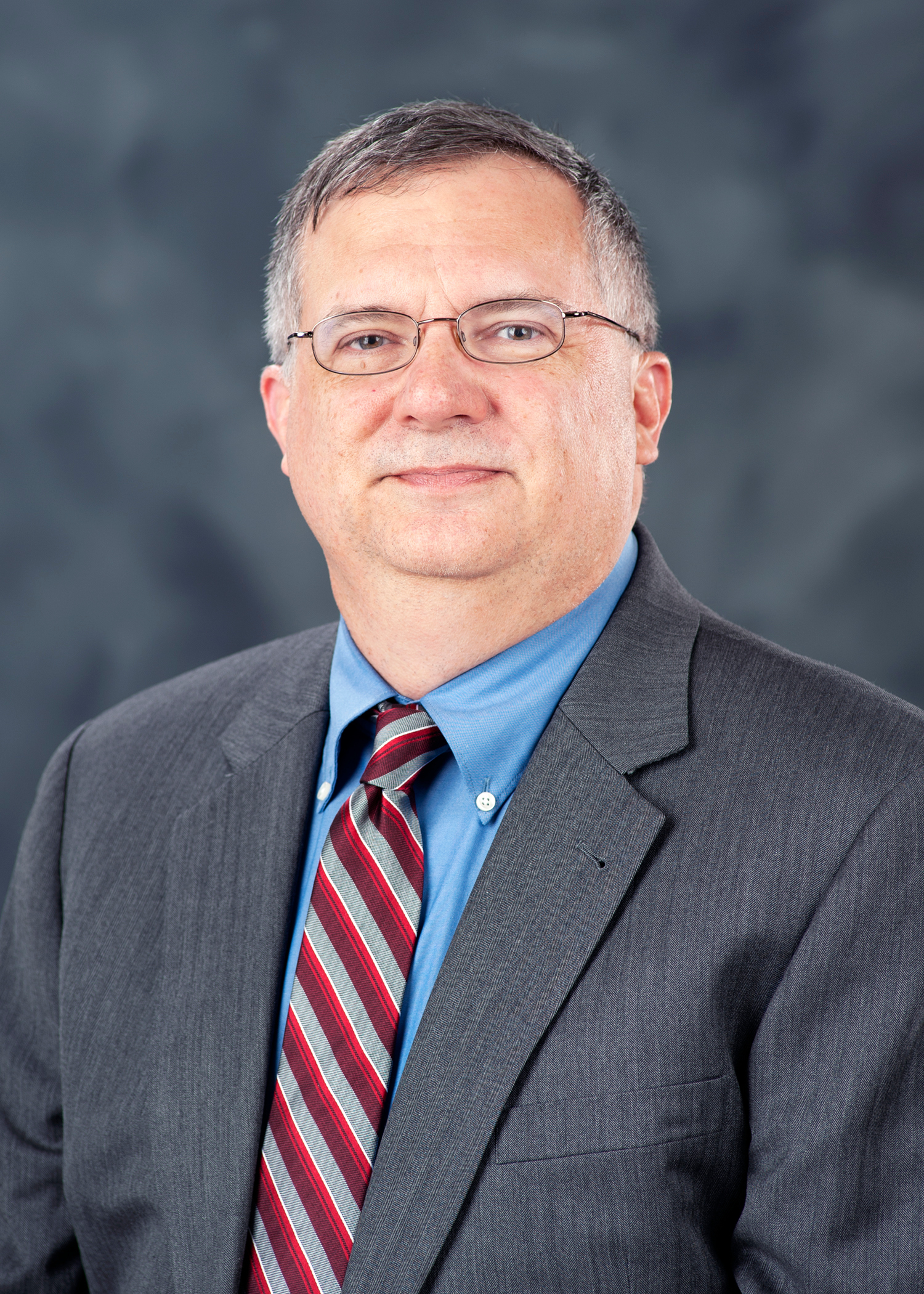 Allen Parrish is Associate Vice President for Research at Mississippi State University. Previously, Dr. Parrish was Professor of Cyber Science and Chair of the Department of Cyber Science at The United States Naval Academy, where he helped to start the cyber operations program. During his tenure there, the program obtained ABET accreditation under new cybersecurity criteria and grew to be one of the largest programs at the academy. Prior to his time at Navy, Dr. Parrish served for 26 years on the faculty at The University of Alabama in a variety of roles, including Professor of Computer Science, Associate Vice President for Research, and Founding Director of the Center for Advanced Public Safety. Dr. Parrish is active with ABET and the IEEE Computer Society in assessment and quality assurance for undergraduate computing education, and was a leader in the development of the new ABET cybersecurity accreditation criteria.
Allen Parrish is Associate Vice President for Research at Mississippi State University. Previously, Dr. Parrish was Professor of Cyber Science and Chair of the Department of Cyber Science at The United States Naval Academy, where he helped to start the cyber operations program. During his tenure there, the program obtained ABET accreditation under new cybersecurity criteria and grew to be one of the largest programs at the academy. Prior to his time at Navy, Dr. Parrish served for 26 years on the faculty at The University of Alabama in a variety of roles, including Professor of Computer Science, Associate Vice President for Research, and Founding Director of the Center for Advanced Public Safety. Dr. Parrish is active with ABET and the IEEE Computer Society in assessment and quality assurance for undergraduate computing education, and was a leader in the development of the new ABET cybersecurity accreditation criteria.
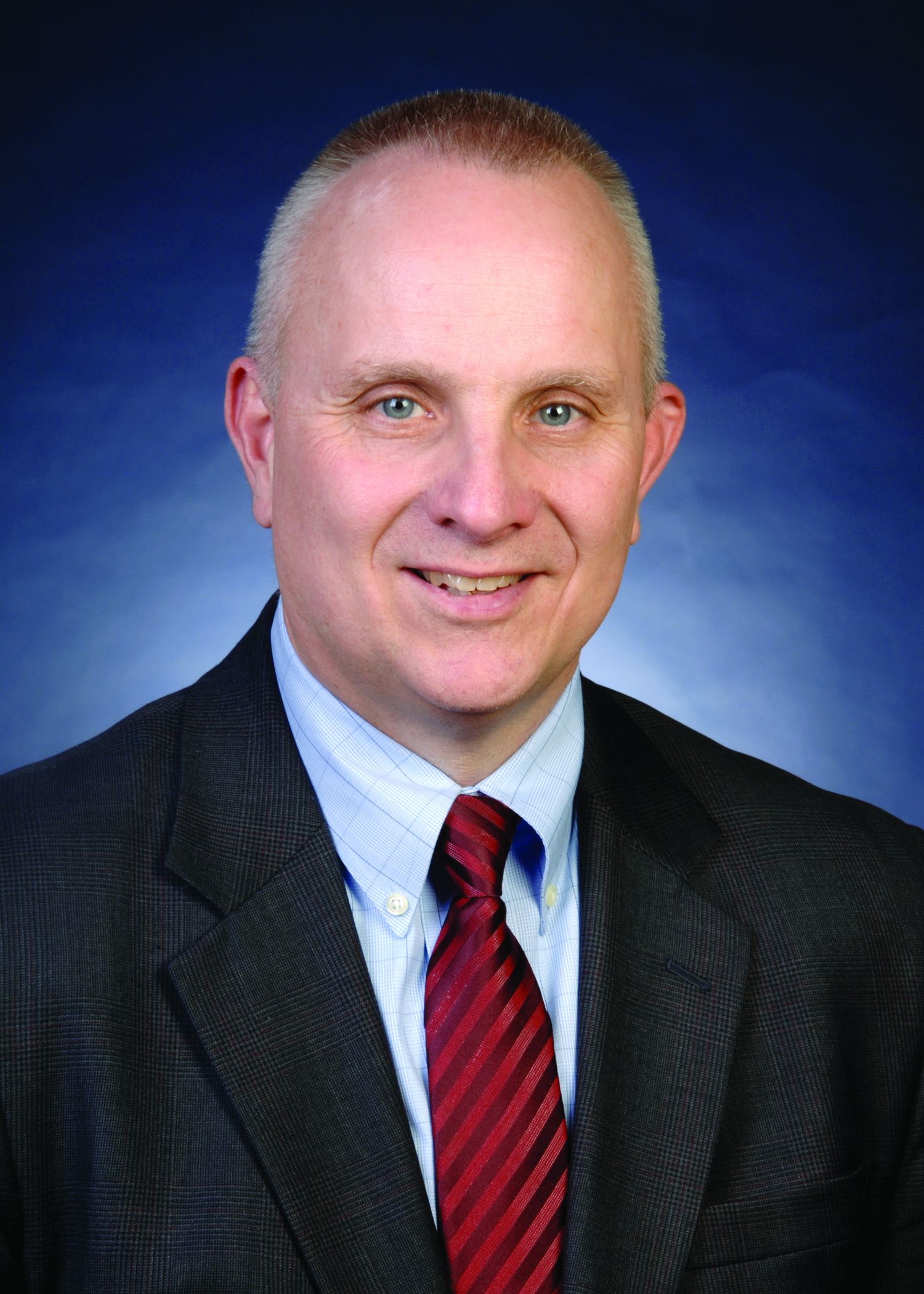 Rodney Petersen is the Director of the National Initiative for Cybersecurity Education at NIST in the U.S. Department of Commerce. He previously served as the Managing Director of the EDUCAUSE Washington Office. He founded and directed the EDUCAUSE Cybersecurity Initiative and Higher Education Information Security Council. He also worked for the University of Maryland as Campus Compliance Officer and Director of IT Policy and Planning in the Office of the VP for IT and CIO. He also served as an Instructor in the Academy for Community Service for AmeriCorps' National Civilian Community Corps. He is the co-editor of a book entitled Computer and Network Security in Higher Education. He received his law degree from Wake Forest University and bachelor’s degrees in political science and business administration from Alma College. He was awarded a certificate as an Advanced Graduate Specialist in Education Policy, Planning, and Administration from the University of Maryland.
Rodney Petersen is the Director of the National Initiative for Cybersecurity Education at NIST in the U.S. Department of Commerce. He previously served as the Managing Director of the EDUCAUSE Washington Office. He founded and directed the EDUCAUSE Cybersecurity Initiative and Higher Education Information Security Council. He also worked for the University of Maryland as Campus Compliance Officer and Director of IT Policy and Planning in the Office of the VP for IT and CIO. He also served as an Instructor in the Academy for Community Service for AmeriCorps' National Civilian Community Corps. He is the co-editor of a book entitled Computer and Network Security in Higher Education. He received his law degree from Wake Forest University and bachelor’s degrees in political science and business administration from Alma College. He was awarded a certificate as an Advanced Graduate Specialist in Education Policy, Planning, and Administration from the University of Maryland.
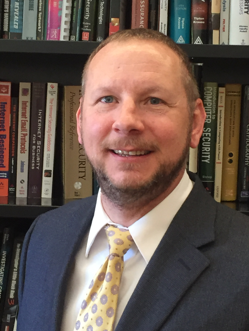 Joel Rasmus is the managing director for Purdue University’s Center for Education and Research in Information Assurance and Security (CERIAS); one of the largest and top-ranking interdisciplinary academic institute in North America focusing on cyber and cyber-physical assurance, security, privacy and resiliency. Rasmus joined Purdue in 2002, bringing with him more than 15 years of experience in project management.
At CERIAS Rasmus developed a strategic partnership program that provides a formalized link between the University and industry. The program fosters tech transfer, basic and applied collaborative research, professional consultation and targeted student recruitment mechanisms. The CERIAS Strategic Partnership Program has led to unprecedented industry-academic integration with a number of commercial research programs. Rasmus also spearheaded successful CERAIS initiatives that lead to commercial partners opening local offices at the Purdue Research Park to further leverage and integrate their daily R&D and cyber management practices into CERIAS.
Joel Rasmus is the managing director for Purdue University’s Center for Education and Research in Information Assurance and Security (CERIAS); one of the largest and top-ranking interdisciplinary academic institute in North America focusing on cyber and cyber-physical assurance, security, privacy and resiliency. Rasmus joined Purdue in 2002, bringing with him more than 15 years of experience in project management.
At CERIAS Rasmus developed a strategic partnership program that provides a formalized link between the University and industry. The program fosters tech transfer, basic and applied collaborative research, professional consultation and targeted student recruitment mechanisms. The CERIAS Strategic Partnership Program has led to unprecedented industry-academic integration with a number of commercial research programs. Rasmus also spearheaded successful CERAIS initiatives that lead to commercial partners opening local offices at the Purdue Research Park to further leverage and integrate their daily R&D and cyber management practices into CERIAS.
 Meg Ray is the Teacher in Residence at Cornell Tech. Meg is responsible for the implementation and design of the Teacher in Residence program, a coaching program for K-8 CS teachers in New York City schools. Meg served as a writer for the Computer Science Teachers Association K-12 CS Standards and as a special advisor to the K12 CS Framework. She is an experienced high school computer science teacher and special educator, and also taught graduate-level education courses at Hunter College. Previously, Meg directed the design of a middle school CS curricula. She researches CS teacher training as well as access to CS instruction for students with disabilities. Her work is published in academic journals and conference proceedings. She has a forthcoming intro to programming book aimed at middle and high school students. Meg holds a Master's of Science in Special Education from Hunter College and a Graduate Certificate in Blended Learning and Computer Science Instruction from Pace University.
Meg Ray is the Teacher in Residence at Cornell Tech. Meg is responsible for the implementation and design of the Teacher in Residence program, a coaching program for K-8 CS teachers in New York City schools. Meg served as a writer for the Computer Science Teachers Association K-12 CS Standards and as a special advisor to the K12 CS Framework. She is an experienced high school computer science teacher and special educator, and also taught graduate-level education courses at Hunter College. Previously, Meg directed the design of a middle school CS curricula. She researches CS teacher training as well as access to CS instruction for students with disabilities. Her work is published in academic journals and conference proceedings. She has a forthcoming intro to programming book aimed at middle and high school students. Meg holds a Master's of Science in Special Education from Hunter College and a Graduate Certificate in Blended Learning and Computer Science Instruction from Pace University.
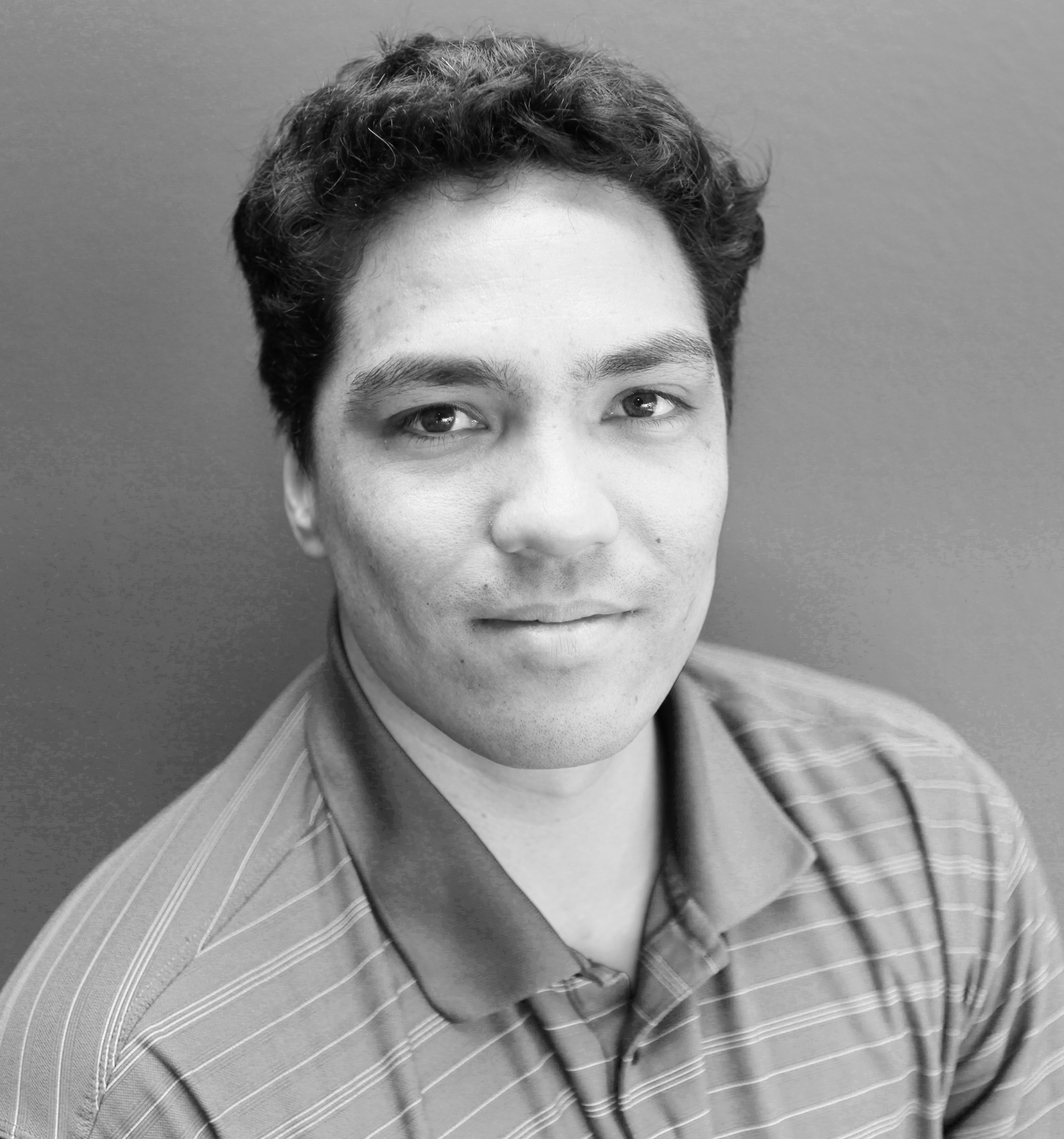 Eugene Rooney is an Analyst/Programmer III and Adjunct Faculty member at the University of New Mexico's Anderson School of Management. Eugene earned a B.S. in Computer Engineering with a Minor in Economics and a MBA from the University of New Mexico. Prior to his current role at UNM, Eugene worked at Century Link (formerly Qwest Communications), Sandia National Laboratories and UNM's Center for Development and Disability.
Eugene Rooney is an Analyst/Programmer III and Adjunct Faculty member at the University of New Mexico's Anderson School of Management. Eugene earned a B.S. in Computer Engineering with a Minor in Economics and a MBA from the University of New Mexico. Prior to his current role at UNM, Eugene worked at Century Link (formerly Qwest Communications), Sandia National Laboratories and UNM's Center for Development and Disability.
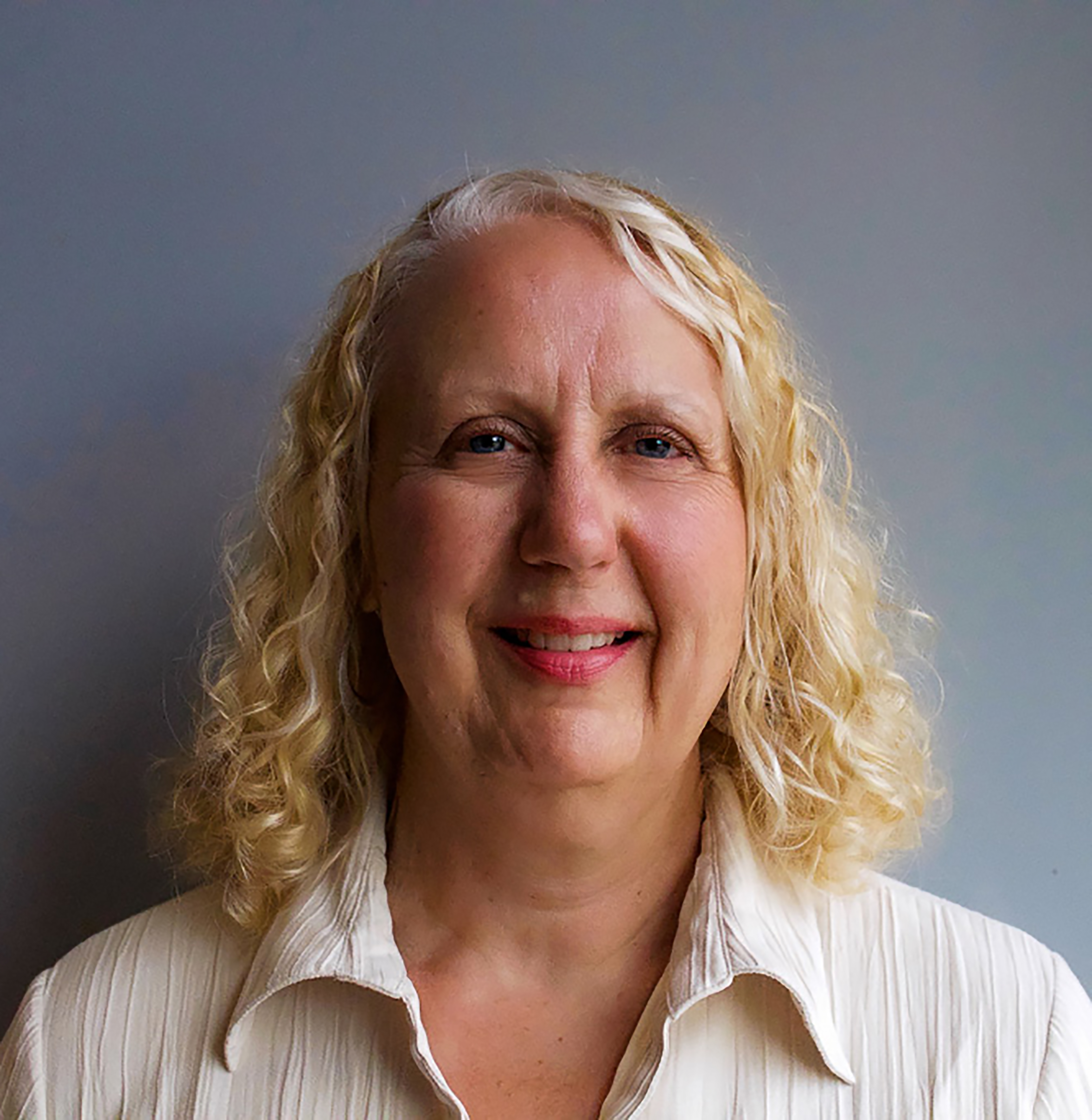 Julie A. Rursch is a Lecturer in the Department of Electrical and Computer Engineering at Iowa State University where she recently earned her Ph.D. in security and reliable systems. She has developed undergraduate courses and their corresponding labs in cybersecurity fundamentals, cybersecurity tools, advanced cybersecurity topics, security literacy for the masses, and reflection on participation in the ISU cyber defense competition. She has also wrangled multiple large sections of incoming freshman computer engineering problem-solving classes (150-250 students) and has redesigned the course to include current hardware and everyday relatable items.
Julie A. Rursch is a Lecturer in the Department of Electrical and Computer Engineering at Iowa State University where she recently earned her Ph.D. in security and reliable systems. She has developed undergraduate courses and their corresponding labs in cybersecurity fundamentals, cybersecurity tools, advanced cybersecurity topics, security literacy for the masses, and reflection on participation in the ISU cyber defense competition. She has also wrangled multiple large sections of incoming freshman computer engineering problem-solving classes (150-250 students) and has redesigned the course to include current hardware and everyday relatable items.
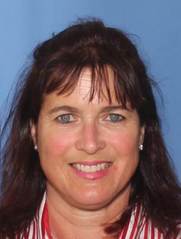 Char Sample
Char Sample
- Cybersecurity: Engineering a Secure Information Technology Organization
- Securing an IT Organization through Governance, Risk Management, and Audit
- CyberSecurity: A Guide to the National Initiative for Cybersecurity Education (NICE) Framework (2.0)
- The Complete Guide to CyberSecurity Risks and Controls
- Implementing Cybersecurity: A Guide to the National Institute of Standards and Technology Risk Management Framework
- Supply Chain Risk Management: Applying Secure Acquisition Principles to Ensure a Trusted Technology Product.
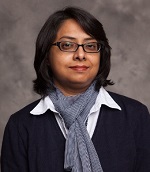 Dr. Ambareen Siraj is currently serving as the Director of the Cybersecurity Education, Research, and Outreach Center at Tennessee Tech. She is a Professor at the Computer Science department. Dr. Siraj's research areas of interest include smart grid security, smart manufacturing security, IoT security, situational assessment, security metrics, security education and workforce development. She has authored/co- authored around forty journal and conference articles in these areas. She has led (and currently leading) National Science Foundation Projects "Tennessee Cybercorps: A Hybrid Program in Cybersecurity", "Tennessee Tech Gen-Cyber Camps", "Capacity Building in Cybersecurity: Broadening Participation of Women in Cybersecurity through Women in Cybersecurity Conference & Professional Development", "CyberWorkshops: Resources and Strategies for Teaching Cybersecurity in Computer Science", and "Security Knitting Kit: Integrating Security into Traditional CS Courses". Dr. Siraj is the Founder and Chair of the Annual Women in Cybersecurity (WiCyS) conference. She serves as the advisor of Cybersecurity Club for students.
Dr. Ambareen Siraj is currently serving as the Director of the Cybersecurity Education, Research, and Outreach Center at Tennessee Tech. She is a Professor at the Computer Science department. Dr. Siraj's research areas of interest include smart grid security, smart manufacturing security, IoT security, situational assessment, security metrics, security education and workforce development. She has authored/co- authored around forty journal and conference articles in these areas. She has led (and currently leading) National Science Foundation Projects "Tennessee Cybercorps: A Hybrid Program in Cybersecurity", "Tennessee Tech Gen-Cyber Camps", "Capacity Building in Cybersecurity: Broadening Participation of Women in Cybersecurity through Women in Cybersecurity Conference & Professional Development", "CyberWorkshops: Resources and Strategies for Teaching Cybersecurity in Computer Science", and "Security Knitting Kit: Integrating Security into Traditional CS Courses". Dr. Siraj is the Founder and Chair of the Annual Women in Cybersecurity (WiCyS) conference. She serves as the advisor of Cybersecurity Club for students.
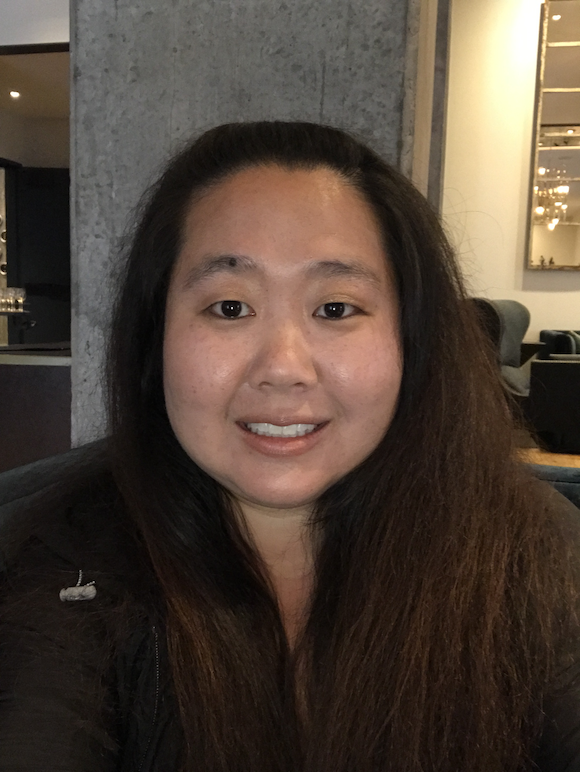 Stephanie has been working in Information Protection and Security for about ten years. She has been at Facebook going on 3 years. Stephanie has led and coordinated Facebook's Cybersecurity education and engagement initiatives in Nigeria, India, Bulgaria and most recently Rwanda. At Facebook, she is focused on diversity and education initiates within CyberSecurity. She is passionate about impact and driving diversity by partnering with strategic partners and universities. Prior to Facebook, she developed and led the Information Protection Vendor Security team at Target Corporation.
Stephanie has been working in Information Protection and Security for about ten years. She has been at Facebook going on 3 years. Stephanie has led and coordinated Facebook's Cybersecurity education and engagement initiatives in Nigeria, India, Bulgaria and most recently Rwanda. At Facebook, she is focused on diversity and education initiates within CyberSecurity. She is passionate about impact and driving diversity by partnering with strategic partners and universities. Prior to Facebook, she developed and led the Information Protection Vendor Security team at Target Corporation.
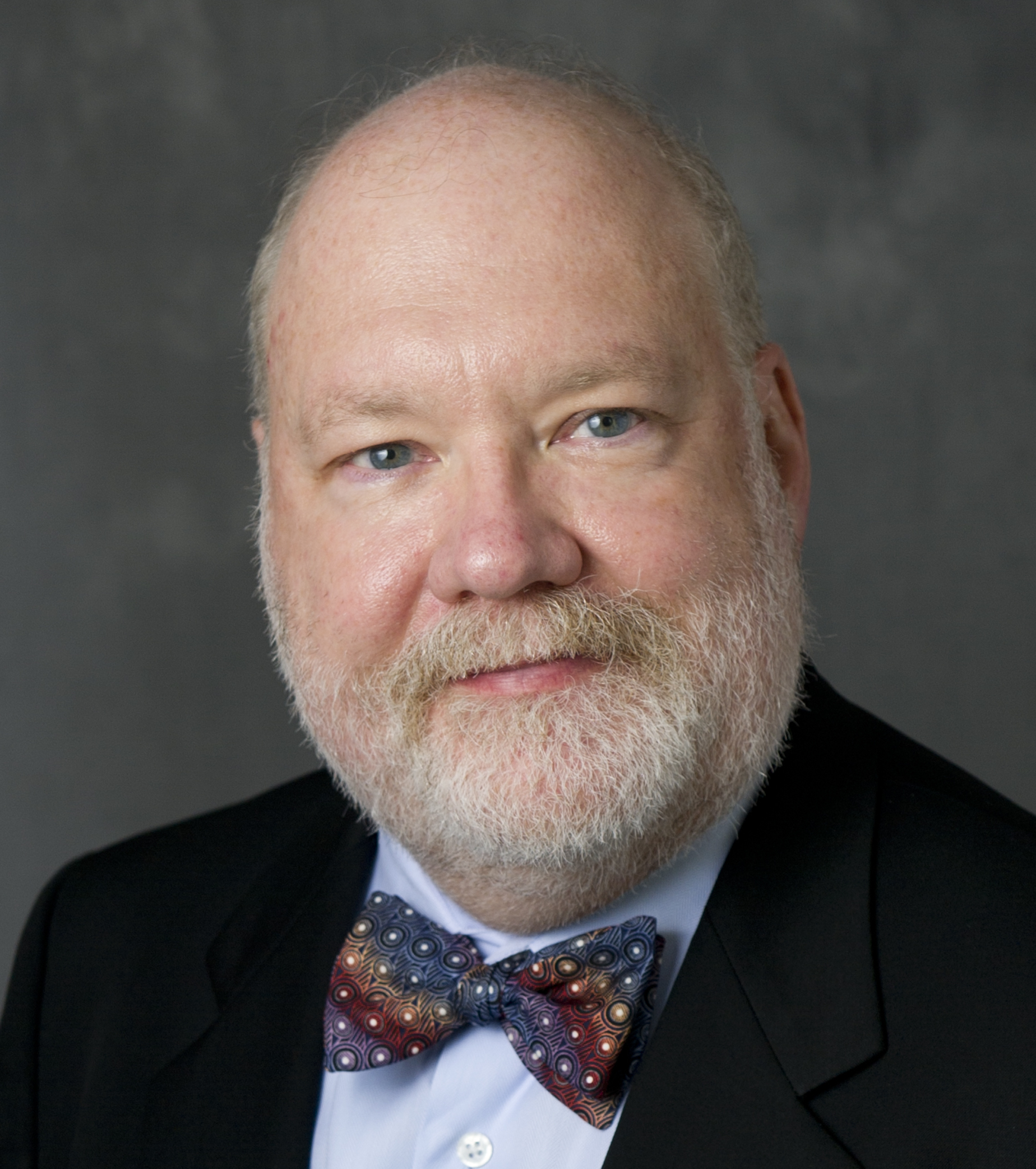 During his 40 years in computing (31 years at Purdue University) Spaf has worked on issues in privacy, public policy, law enforcement, software engineering, education, social networks, operating systems, and cyber security. He has been involved in the development of fundamental technologies in intrusion detection, incident response, firewalls, integrity management, and forensic investigation. He was the founder of of CERIAS, the Center for Education and Research in Information Assurance and Security, where he is the Executive Director Emeritus.
During his 40 years in computing (31 years at Purdue University) Spaf has worked on issues in privacy, public policy, law enforcement, software engineering, education, social networks, operating systems, and cyber security. He has been involved in the development of fundamental technologies in intrusion detection, incident response, firewalls, integrity management, and forensic investigation. He was the founder of of CERIAS, the Center for Education and Research in Information Assurance and Security, where he is the Executive Director Emeritus.
 Dr. Blair Taylor is a Contractor working as a Subject Matter Expert in the College of Cyber at the National Security Agency on the National Cybersecurity Curriculum Program (NCCP), GenCyber, Cyber Ops, and the CAE programs. She is currently on leave from Towson University, where she has taught for over 20 years in the department of Computer and Information Sciences. Dr. Taylor’s has published and presented widely on teaching secure coding in introductory programming courses and cybersecurity education. Dr. Taylor has received the University System of Maryland Regents award for Teaching, the Fisher College of Science and Mathematics (FCSM)Business Outreach Award and the FCSM Outstanding Faculty Award. In 2014, she was named one of the 50 Women to Watch by the Baltimore Sun Magazine and in 2016 one of Maryland's top female tech leaders by MDBIZNews.
She holds a B.A. in Mathematical Science and an M.S. in Computer Science from Johns Hopkins University and a doctorate in Applied Information Technology from Towson University
Dr. Blair Taylor is a Contractor working as a Subject Matter Expert in the College of Cyber at the National Security Agency on the National Cybersecurity Curriculum Program (NCCP), GenCyber, Cyber Ops, and the CAE programs. She is currently on leave from Towson University, where she has taught for over 20 years in the department of Computer and Information Sciences. Dr. Taylor’s has published and presented widely on teaching secure coding in introductory programming courses and cybersecurity education. Dr. Taylor has received the University System of Maryland Regents award for Teaching, the Fisher College of Science and Mathematics (FCSM)Business Outreach Award and the FCSM Outstanding Faculty Award. In 2014, she was named one of the 50 Women to Watch by the Baltimore Sun Magazine and in 2016 one of Maryland's top female tech leaders by MDBIZNews.
She holds a B.A. in Mathematical Science and an M.S. in Computer Science from Johns Hopkins University and a doctorate in Applied Information Technology from Towson University
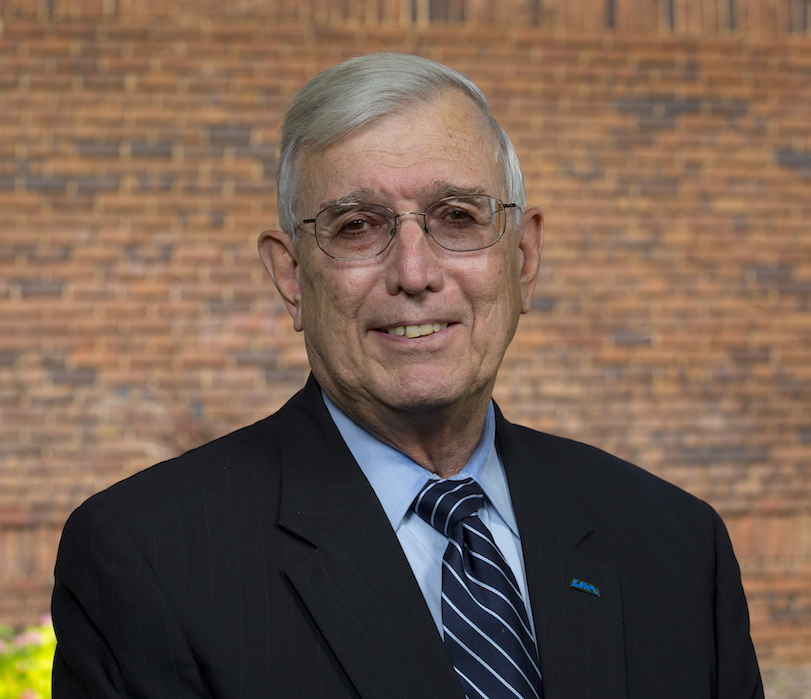 Dr. Vaughn received his Ph.D. in Computer Science from Kansas State University in 1988 in the area of cybersecurity. Prior to entering academia, he completed a career in the US Army retiring as a Colonel followed by three years as Vice President of Defense Information Systems Agency (DISA) Integration Services, EDS Government Systems. His research interests are cybersecurity and software engineering with a special focus on industrial control systems security. Dr. Vaughn has over 100 publications to his credit, has obtained more than $40M in funded research projects. In May of 2013, he joined the University of Alabama in Huntsville as the Vice President for Research and Economic Development overseeing approximately $100M in annual research expenditures, twelve research centers, contracts and grants, proposal development, technology commercialization, and research security. He retired in 2018.
Dr. Vaughn received his Ph.D. in Computer Science from Kansas State University in 1988 in the area of cybersecurity. Prior to entering academia, he completed a career in the US Army retiring as a Colonel followed by three years as Vice President of Defense Information Systems Agency (DISA) Integration Services, EDS Government Systems. His research interests are cybersecurity and software engineering with a special focus on industrial control systems security. Dr. Vaughn has over 100 publications to his credit, has obtained more than $40M in funded research projects. In May of 2013, he joined the University of Alabama in Huntsville as the Vice President for Research and Economic Development overseeing approximately $100M in annual research expenditures, twelve research centers, contracts and grants, proposal development, technology commercialization, and research security. He retired in 2018.

 Dr. Yong Wang is an Associate Professor in the Beacom College of Computer and Cyber Sciences at Dakota State University. He received his B.S. and M.S.E degrees in Computer Science from Wuhan University (China) in 1995 and 1998, respectively. He received his Ph.D. degree in Computer Science from University of Nebraska-Lincoln in 2007. Before he joined DSU in 2012, he had spent 10 years in telecommunication industry as a senior software engineer and a team leader. His research focuses on network security and privacy issues. His current research projects include mobile, cloud, IoT, and big data. He has published 50+ peer-reviewed papers in prestigious journals/conferences. He is a co-author of three books. He also severs as Technical Program Committee (TPC) members and reviewers for many international conferences in Computer Science. Dr. Wang received four awards from National Science Foundation between 2012 and 2017. He is currently leading the NSF CyberTraining project at DSU.
Dr. Yong Wang is an Associate Professor in the Beacom College of Computer and Cyber Sciences at Dakota State University. He received his B.S. and M.S.E degrees in Computer Science from Wuhan University (China) in 1995 and 1998, respectively. He received his Ph.D. degree in Computer Science from University of Nebraska-Lincoln in 2007. Before he joined DSU in 2012, he had spent 10 years in telecommunication industry as a senior software engineer and a team leader. His research focuses on network security and privacy issues. His current research projects include mobile, cloud, IoT, and big data. He has published 50+ peer-reviewed papers in prestigious journals/conferences. He is a co-author of three books. He also severs as Technical Program Committee (TPC) members and reviewers for many international conferences in Computer Science. Dr. Wang received four awards from National Science Foundation between 2012 and 2017. He is currently leading the NSF CyberTraining project at DSU.
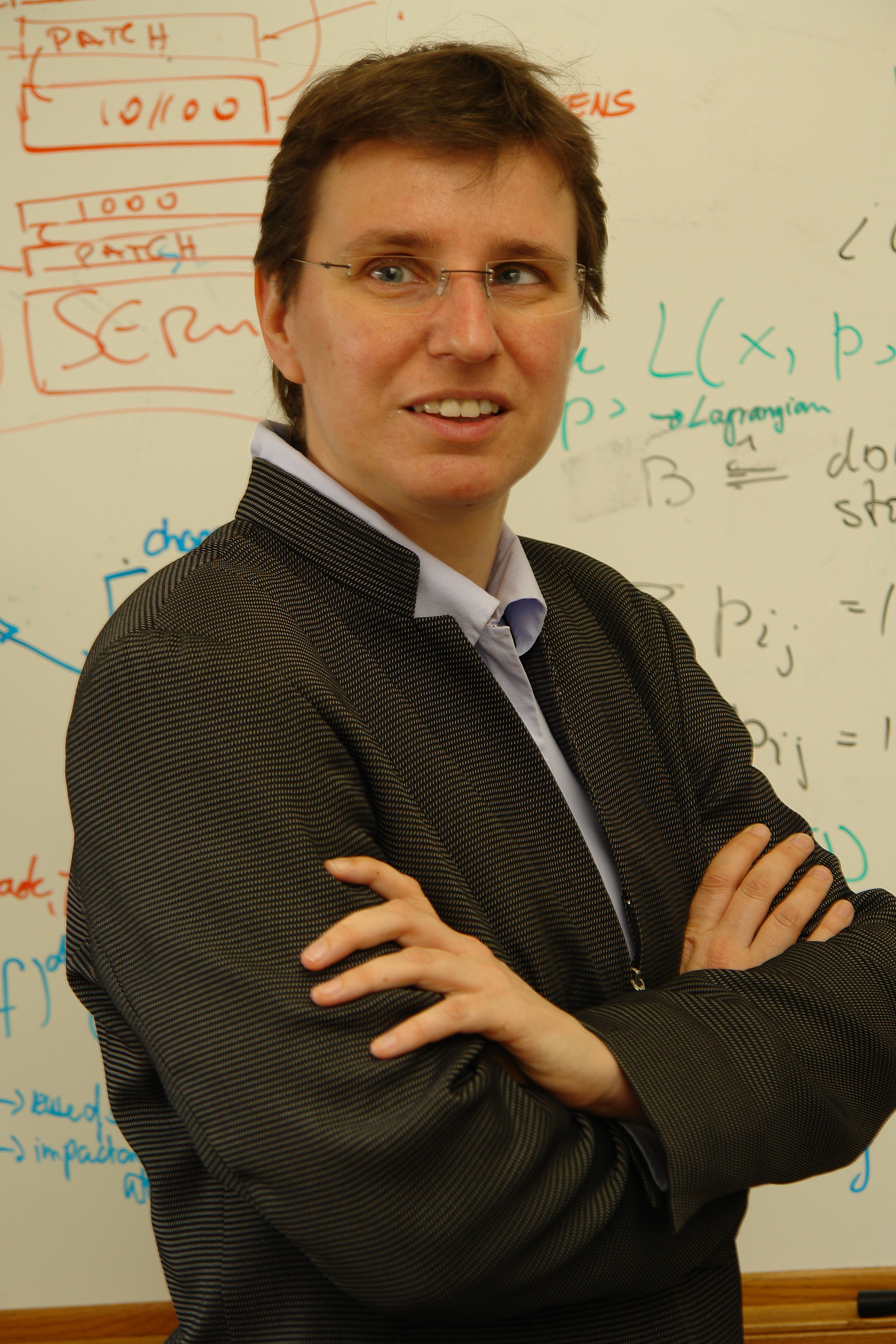 Dr. Susanne Wetzel is a Program Director for the Secure and Trustworthy Cyberspace (SaTC) program at the National Science Foundation (NSF). She is also a Professor in the Computer Science Department at Stevens Institute of Technology, where she leads a broad research program in cybersecurity and algorithmic number theory. Dr. Wetzel has contributed to research advances in secure multi-party computation (with applications in bartering, reconciliation, electronic voting, and auctions), wireless security, privacy, biometrics, security economics, and lattice-based cryptography. She developed and directed the department’s undergraduate degree program in cybersecurity which graduated its first class in Spring 2011. Until joining NSF, Dr. Wetzel also headed the Stevens’ Cybercorps®: Scholarship for Service program. Her work in cybersecurity education and research has been supported by grants from NSF, DHS, and DoD. Dr. Wetzel received her Diploma in Computer Science from the University of Karlsruhe (Germany) and her Ph.D. in Computer Science from the Saarland University (Germany).
Dr. Susanne Wetzel is a Program Director for the Secure and Trustworthy Cyberspace (SaTC) program at the National Science Foundation (NSF). She is also a Professor in the Computer Science Department at Stevens Institute of Technology, where she leads a broad research program in cybersecurity and algorithmic number theory. Dr. Wetzel has contributed to research advances in secure multi-party computation (with applications in bartering, reconciliation, electronic voting, and auctions), wireless security, privacy, biometrics, security economics, and lattice-based cryptography. She developed and directed the department’s undergraduate degree program in cybersecurity which graduated its first class in Spring 2011. Until joining NSF, Dr. Wetzel also headed the Stevens’ Cybercorps®: Scholarship for Service program. Her work in cybersecurity education and research has been supported by grants from NSF, DHS, and DoD. Dr. Wetzel received her Diploma in Computer Science from the University of Karlsruhe (Germany) and her Ph.D. in Computer Science from the Saarland University (Germany).
 Tina C. Williams-Koroma – Esq., CISSP, PMP, is founder and President of TCecure LLC, a cybersecurity services company headquartered in Maryland. She possesses a B.S. in Computer Science from the University of Maryland Baltimore County (UMBC), a M.S. in Management from Rensselaer, and a J.D. from the University of Maryland Francis King Carey School of Law. She is a member of the Maryland Bar and the CyberMaryland, NICE365 Industry Advisory, and UMBC Research Park Boards of Directors, and is an Adjunct Instructor at UMBC for the Masters of Professional Studies in Cybersecurity. Further, through a TCecure contract with the University System of Maryland, Tina serves as the Cybersecurity Academic Innovation Officer for the National Cybersecurity Federally Funded Research and Development Center (FFRDC) which is operated by MITRE and sponsored by NIST, integrating academia into the National Cybersecurity Center of Excellence (NCCoE).
Tina C. Williams-Koroma – Esq., CISSP, PMP, is founder and President of TCecure LLC, a cybersecurity services company headquartered in Maryland. She possesses a B.S. in Computer Science from the University of Maryland Baltimore County (UMBC), a M.S. in Management from Rensselaer, and a J.D. from the University of Maryland Francis King Carey School of Law. She is a member of the Maryland Bar and the CyberMaryland, NICE365 Industry Advisory, and UMBC Research Park Boards of Directors, and is an Adjunct Instructor at UMBC for the Masters of Professional Studies in Cybersecurity. Further, through a TCecure contract with the University System of Maryland, Tina serves as the Cybersecurity Academic Innovation Officer for the National Cybersecurity Federally Funded Research and Development Center (FFRDC) which is operated by MITRE and sponsored by NIST, integrating academia into the National Cybersecurity Center of Excellence (NCCoE).
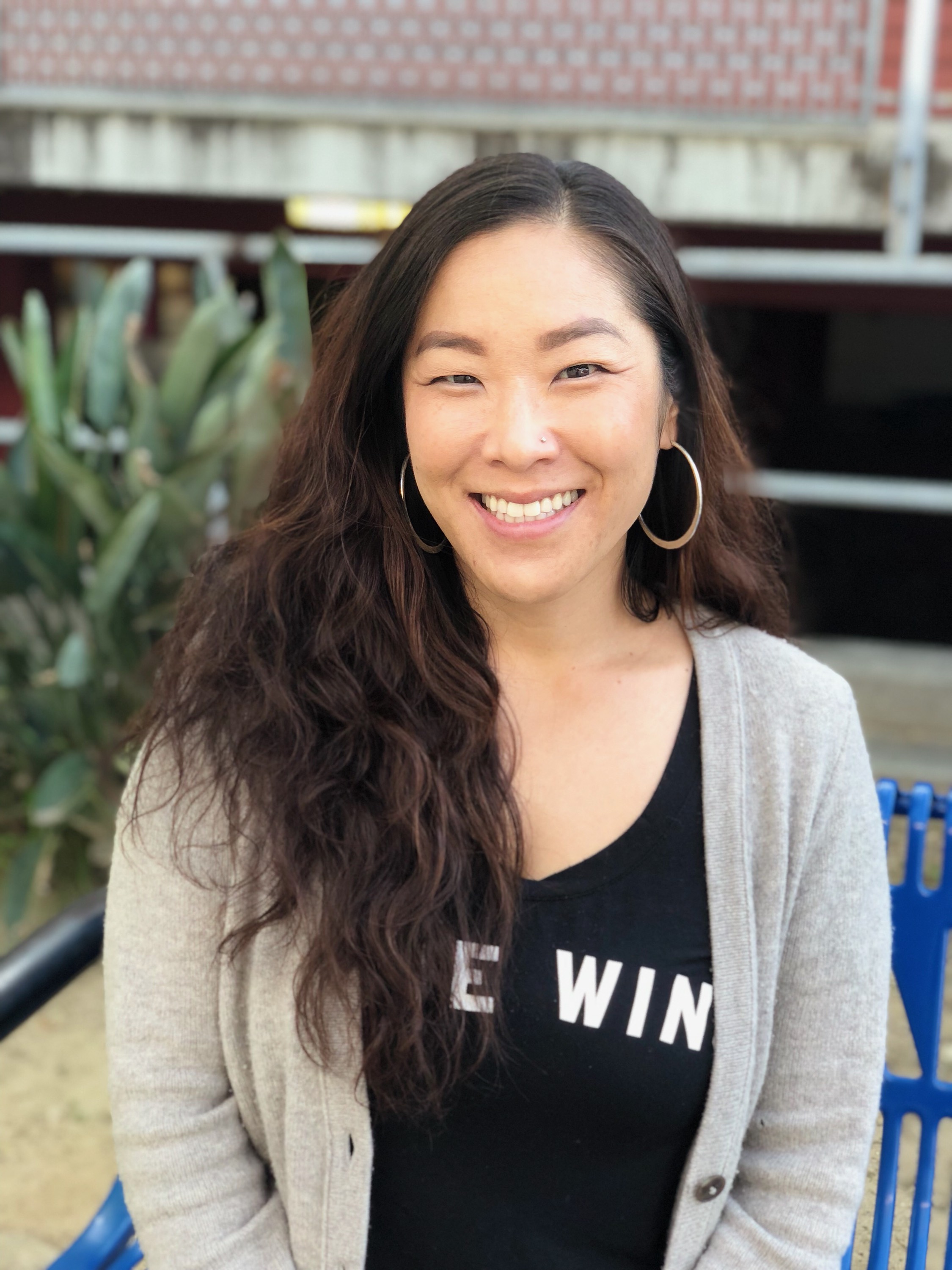 Ms. Yenny Yi is the Site Director of the UCLA AfterSchool Program at Franklin HS. She has been designing and implementing programs at Franklin HS for the past 10 years, but has been working as an educator since the year 2002. She has designed a comprehensive list of programs that foster academic achievement, leadership development and artistic expression; all things she believes that young people need for healthy living. 8 years ago, she took on the challenge of coaching a CyberPatriot team at a school that did not offer any computer science courses. She managed to coach that team to the National Finals and has taken a team to the CyberPatriot Nationals 5 out of the past 8 years. Over the past 5 years, she co-chaired 5 CyberGirlz events for students in LAUSD to promote our young women to pursue a career in cyber and to provide a space that mentors would be able to share their experiences.
Ms. Yenny Yi is the Site Director of the UCLA AfterSchool Program at Franklin HS. She has been designing and implementing programs at Franklin HS for the past 10 years, but has been working as an educator since the year 2002. She has designed a comprehensive list of programs that foster academic achievement, leadership development and artistic expression; all things she believes that young people need for healthy living. 8 years ago, she took on the challenge of coaching a CyberPatriot team at a school that did not offer any computer science courses. She managed to coach that team to the National Finals and has taken a team to the CyberPatriot Nationals 5 out of the past 8 years. Over the past 5 years, she co-chaired 5 CyberGirlz events for students in LAUSD to promote our young women to pursue a career in cyber and to provide a space that mentors would be able to share their experiences.
